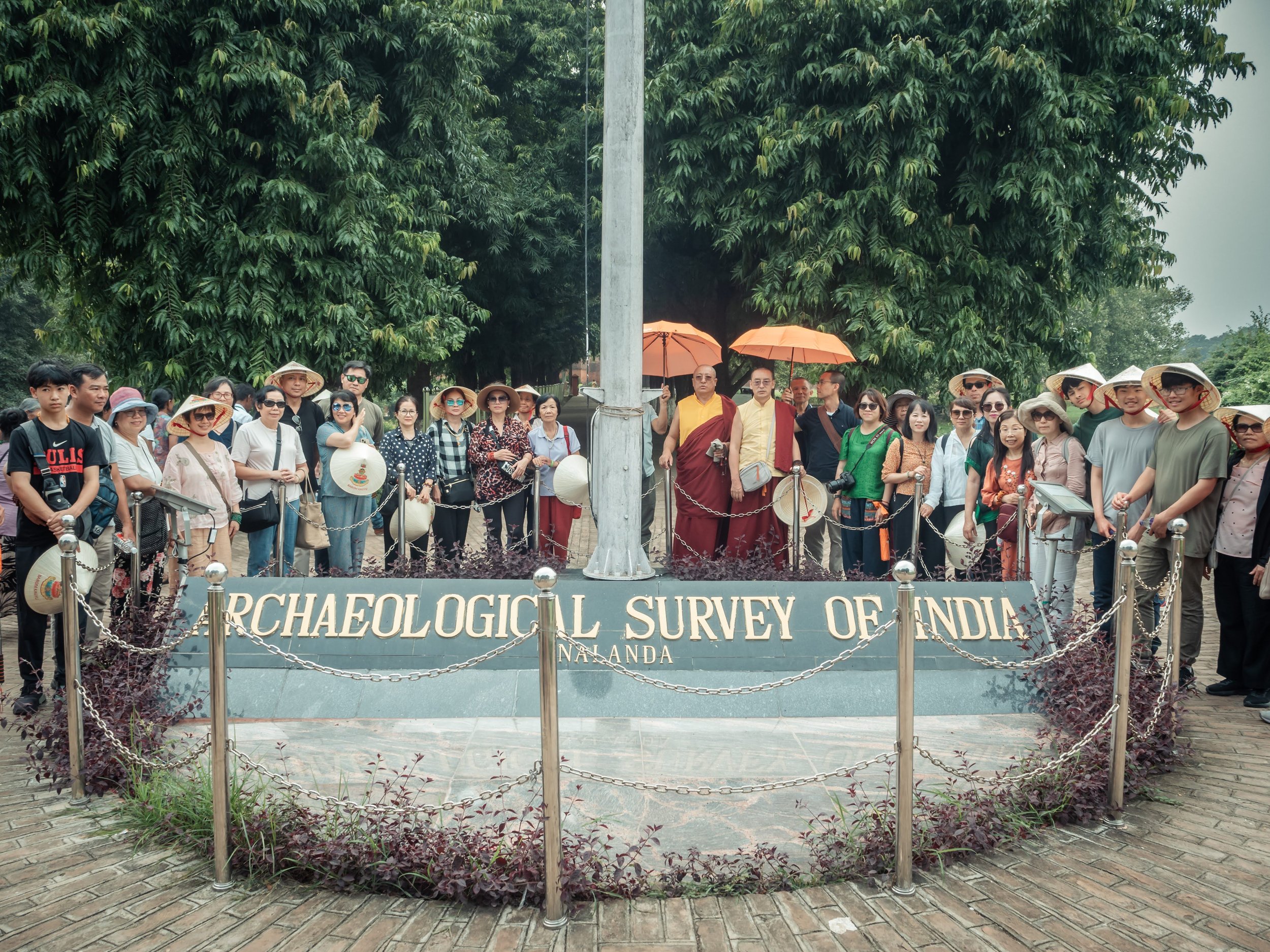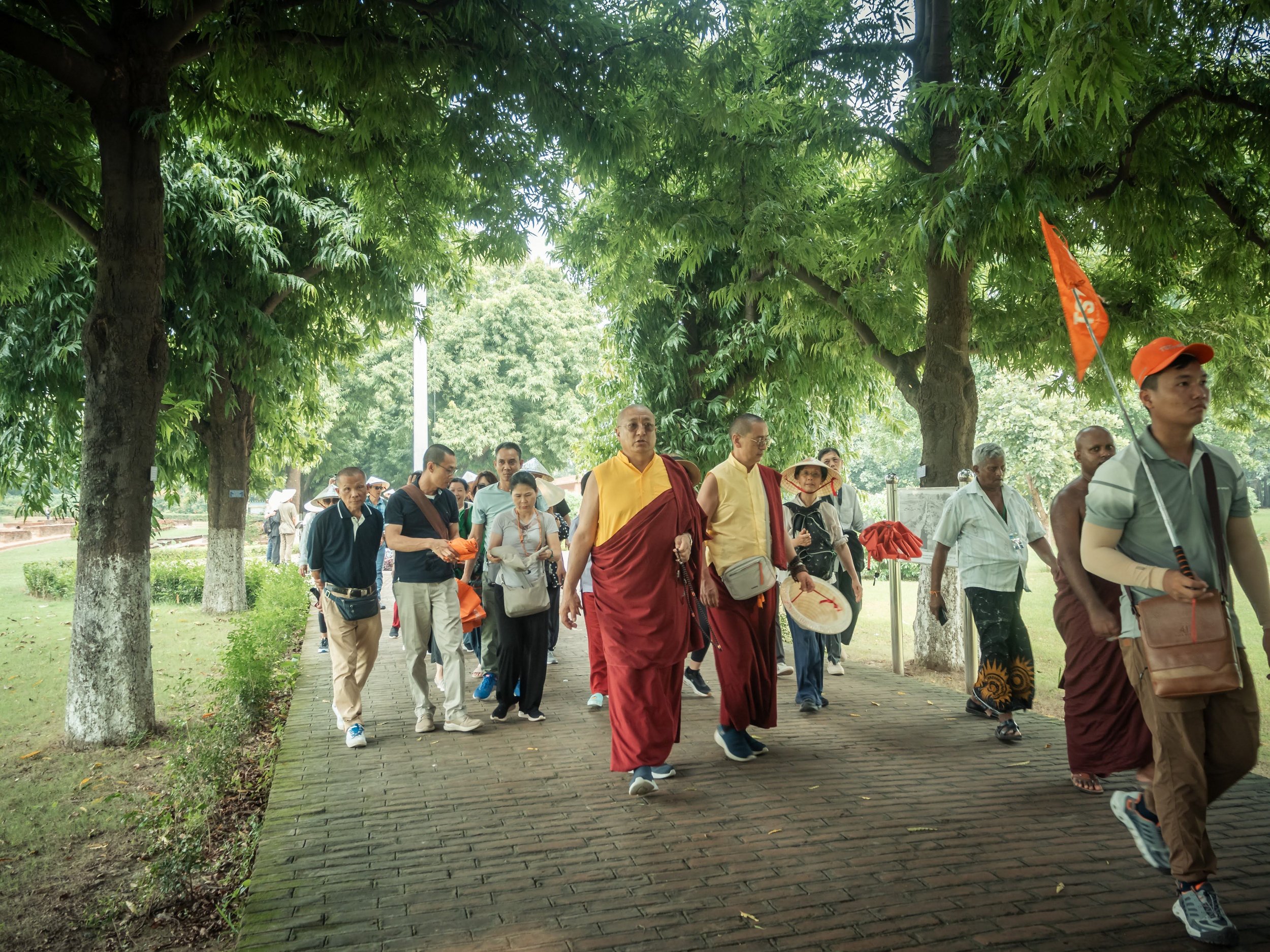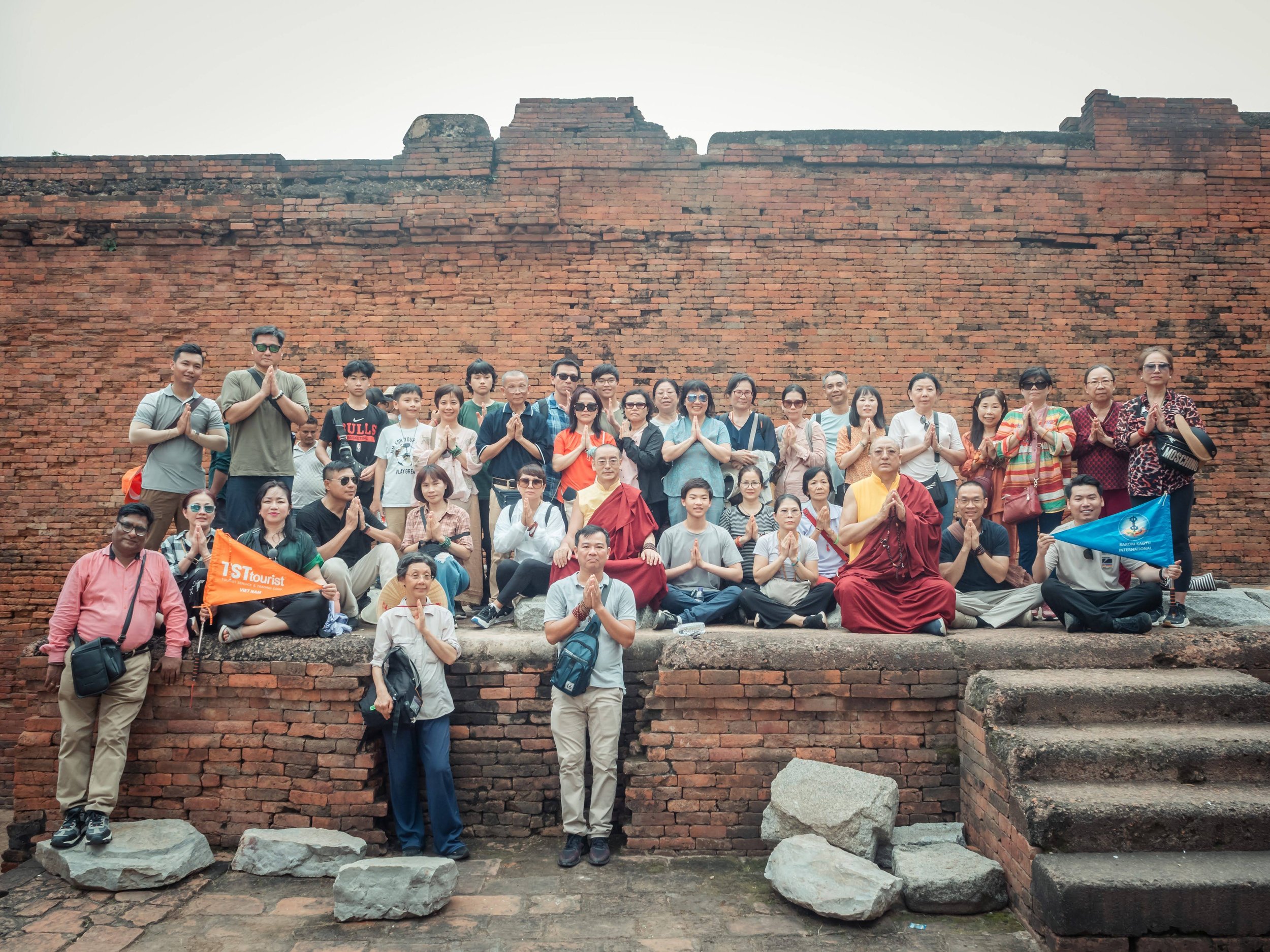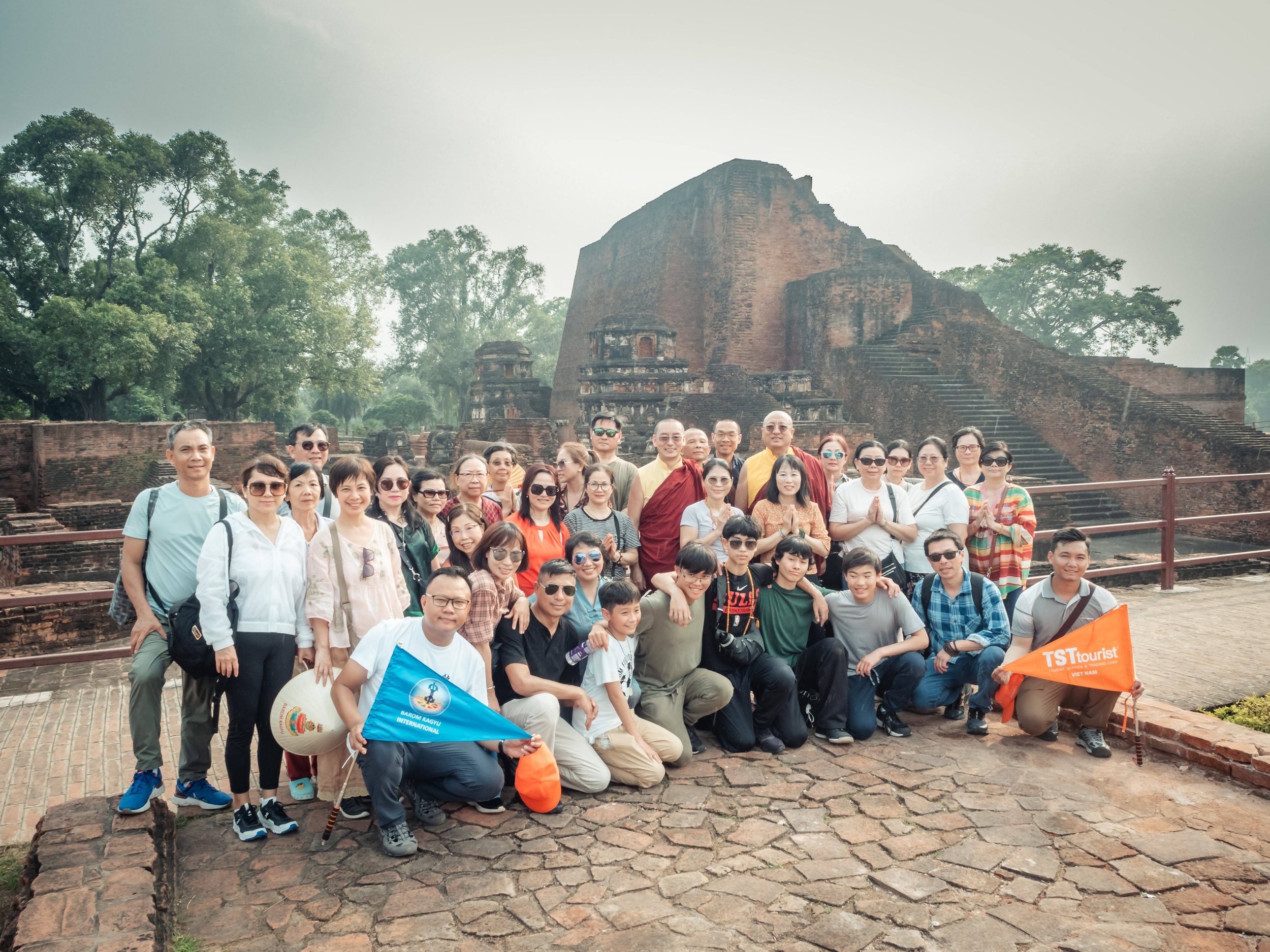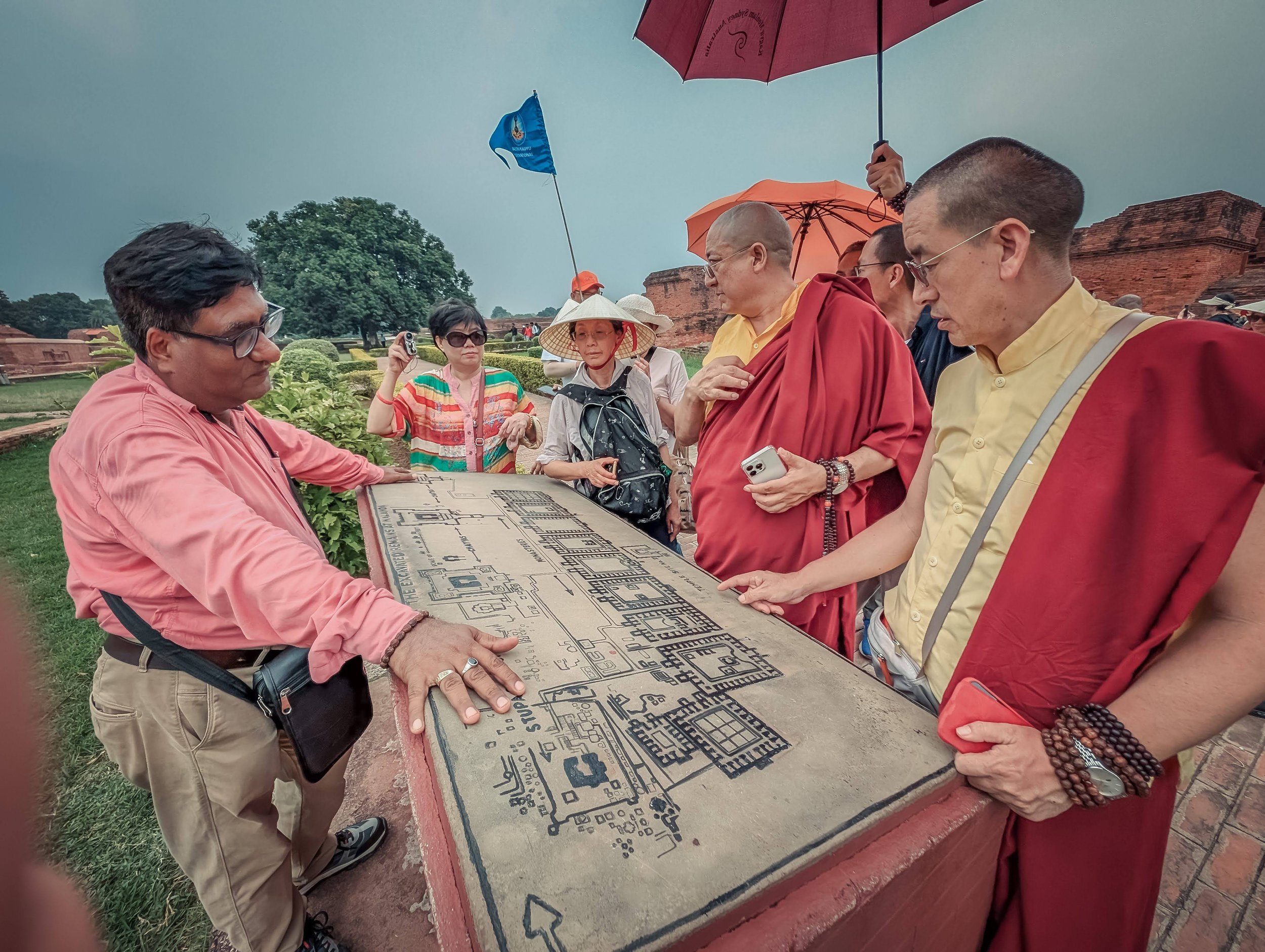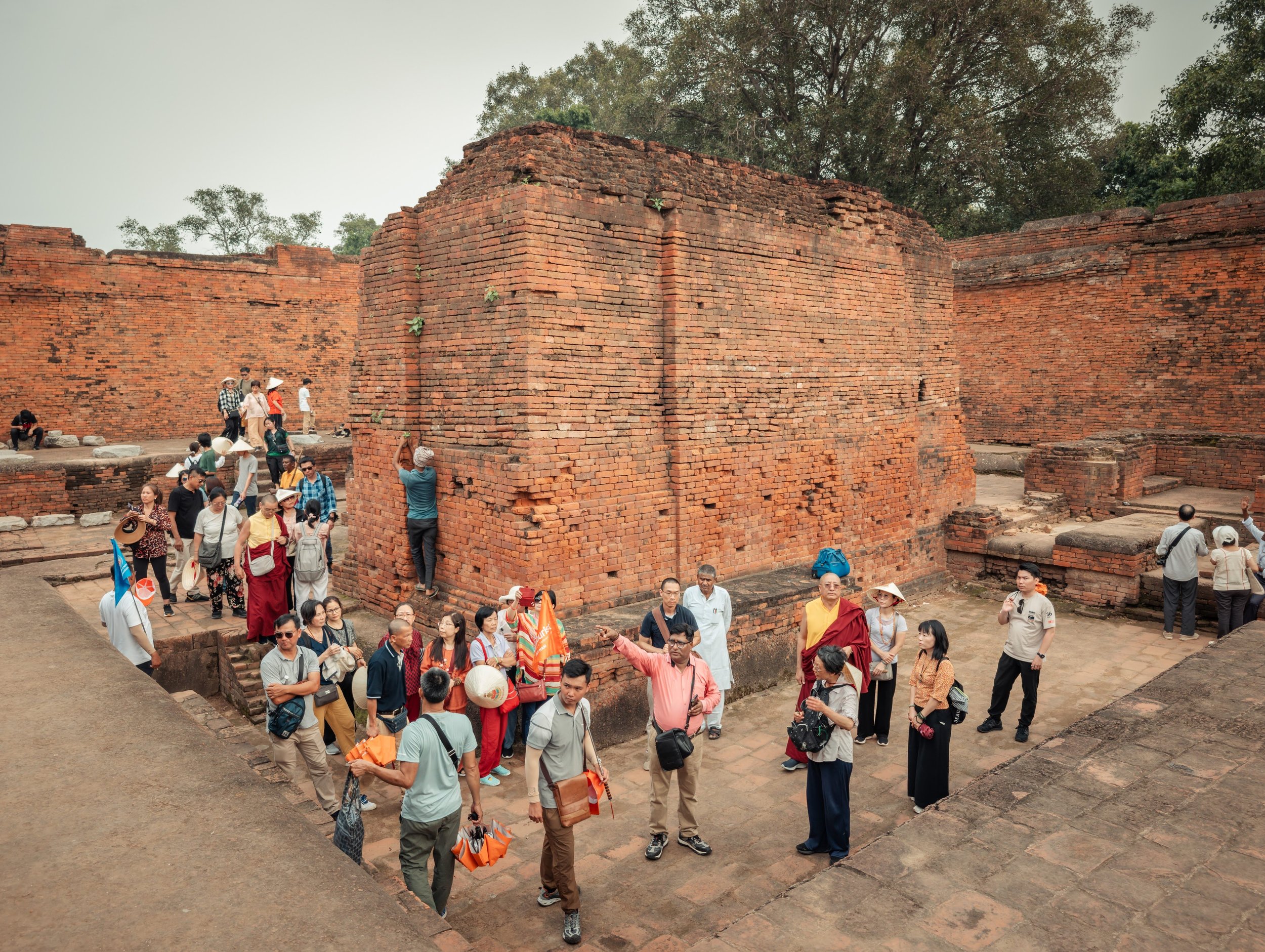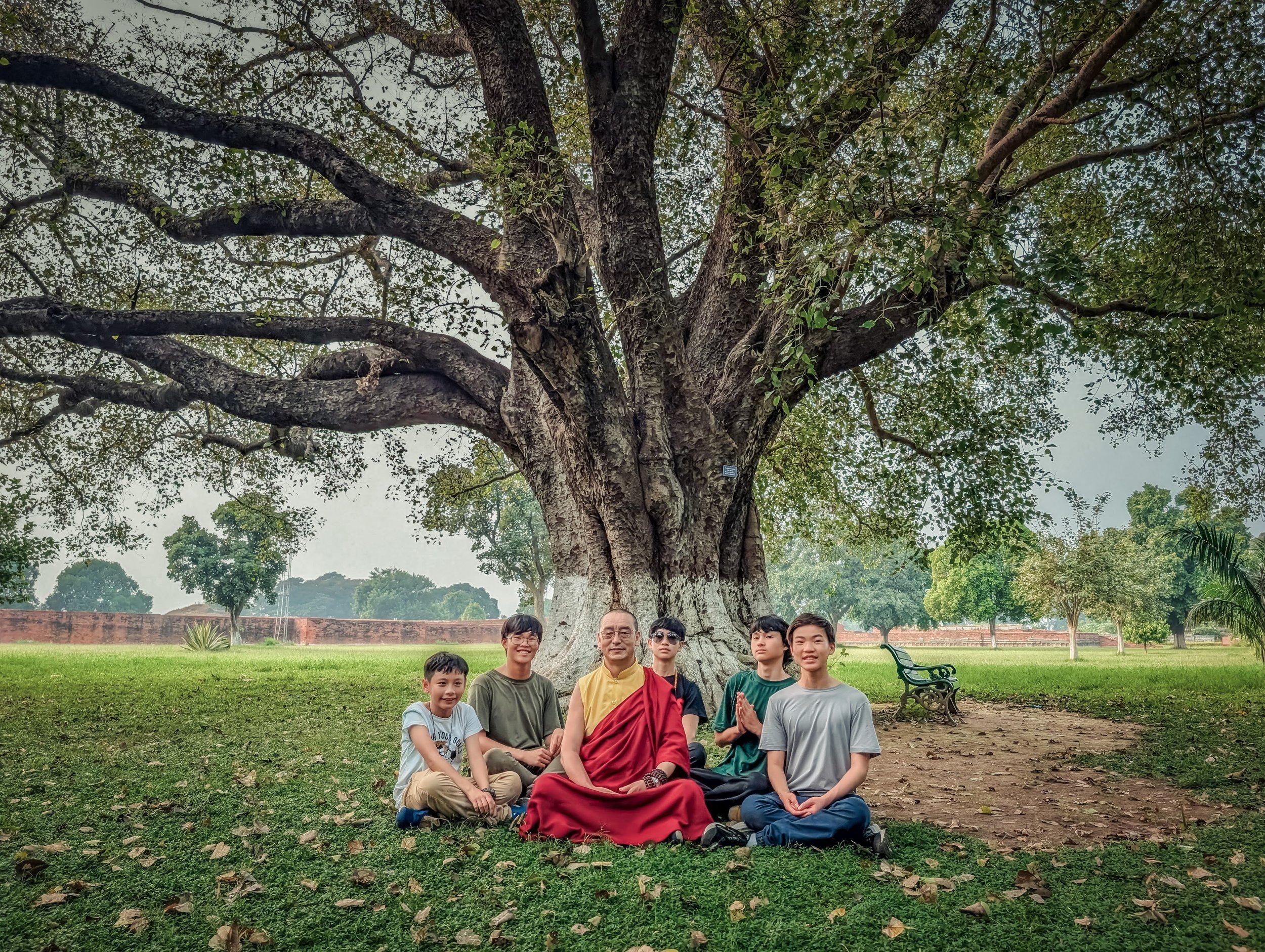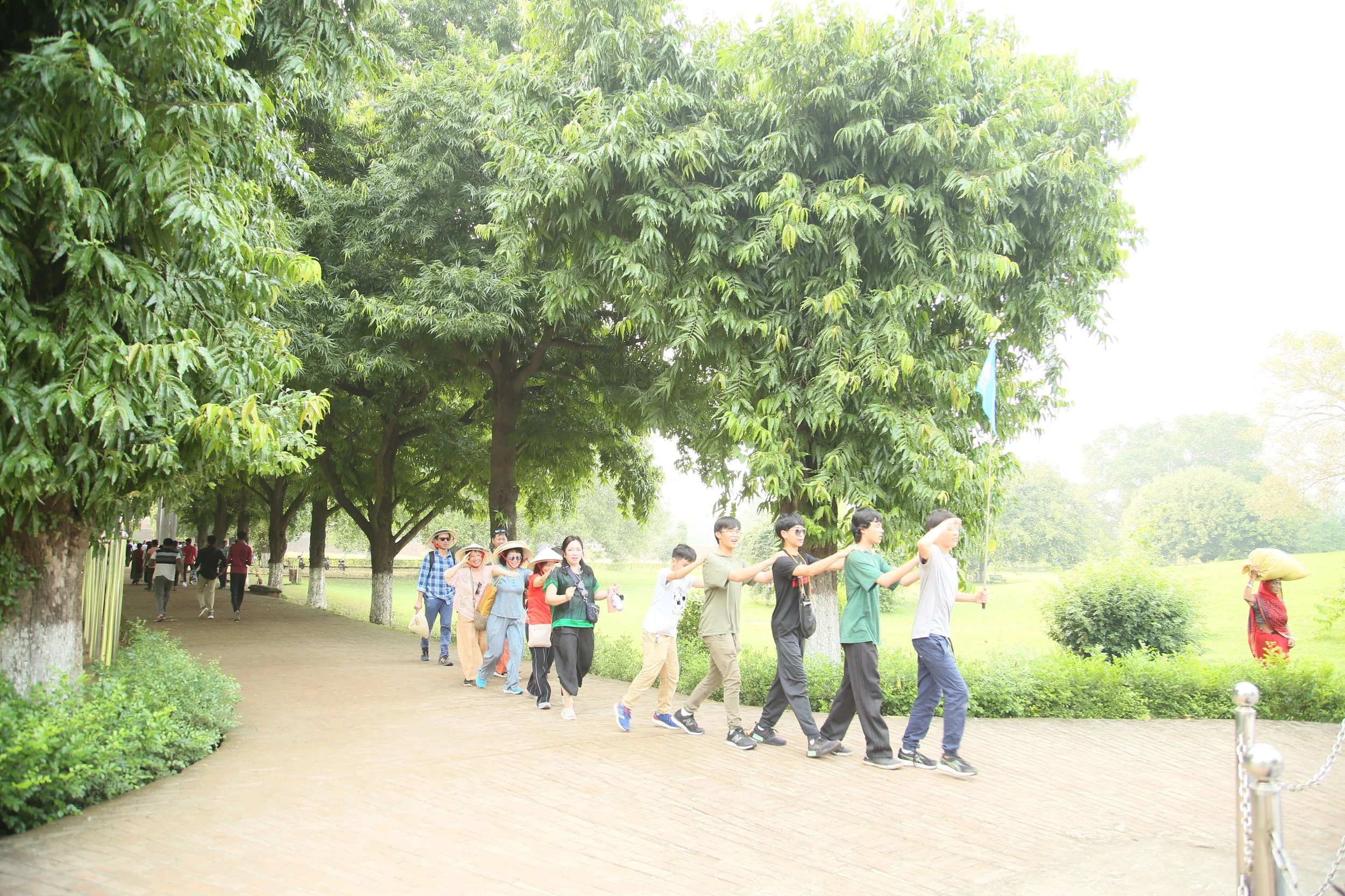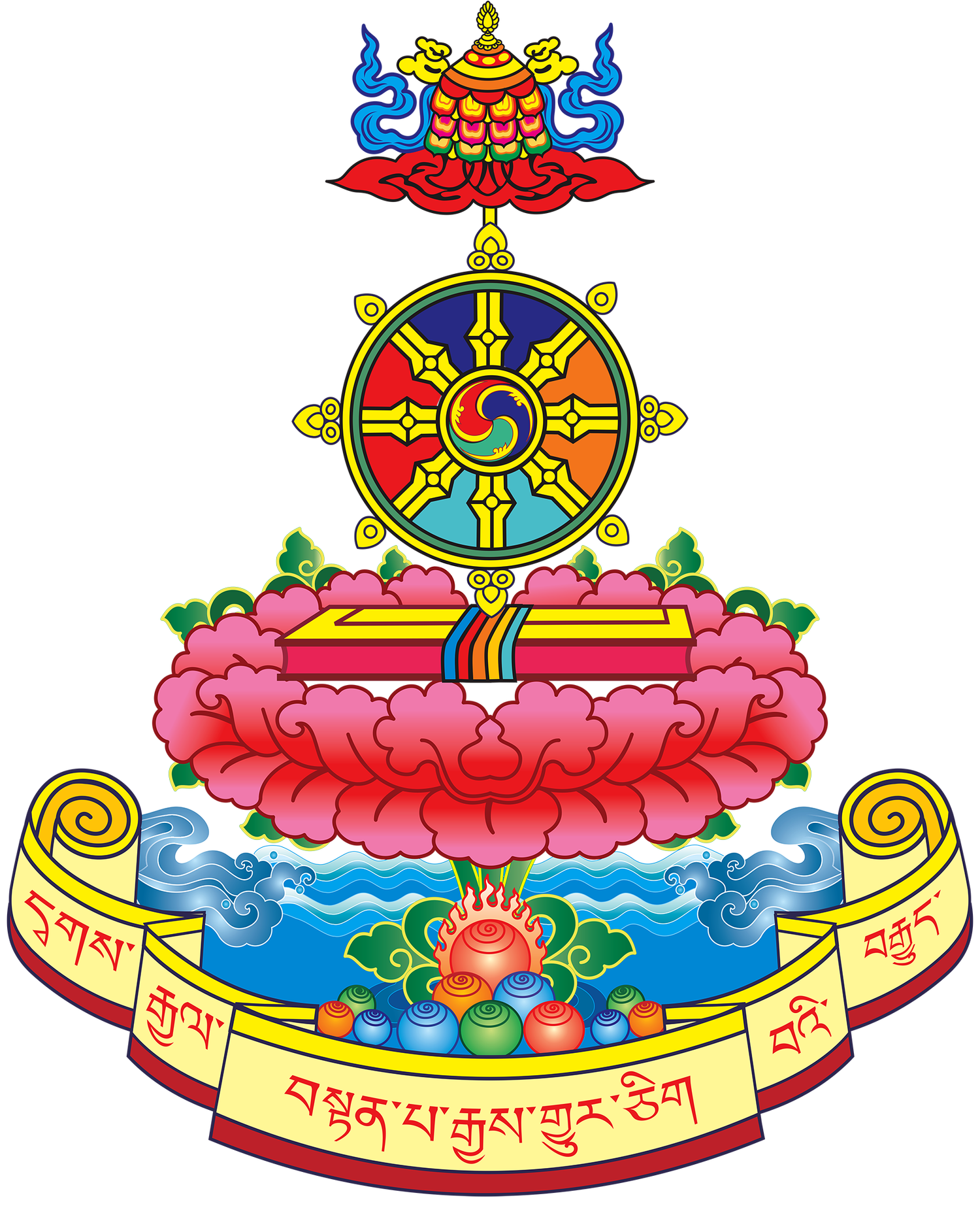Episode 2 - Rajgir
Rajgir, old name Rajagriha, meaning "The City of Kings," is an ancient city and university town in the district of Nalanda in Bihar, India.
Vulture Peak
Vulture Peak Mountain is, by tradition, one of several sites frequented by the Buddha and his community of disciples for both training and retreat.
Its location is frequently mentioned in Buddhist texts in the Pāli Canon of Theravada Buddhism and in the Mahayana sutras as the place where the Buddha gave certain sermons.
Among the sermons are the Heart Sutra, the Lotus Sutra and the Śūraṅgama Samādhi Sūtra as well as many prajnaparamita sutras.
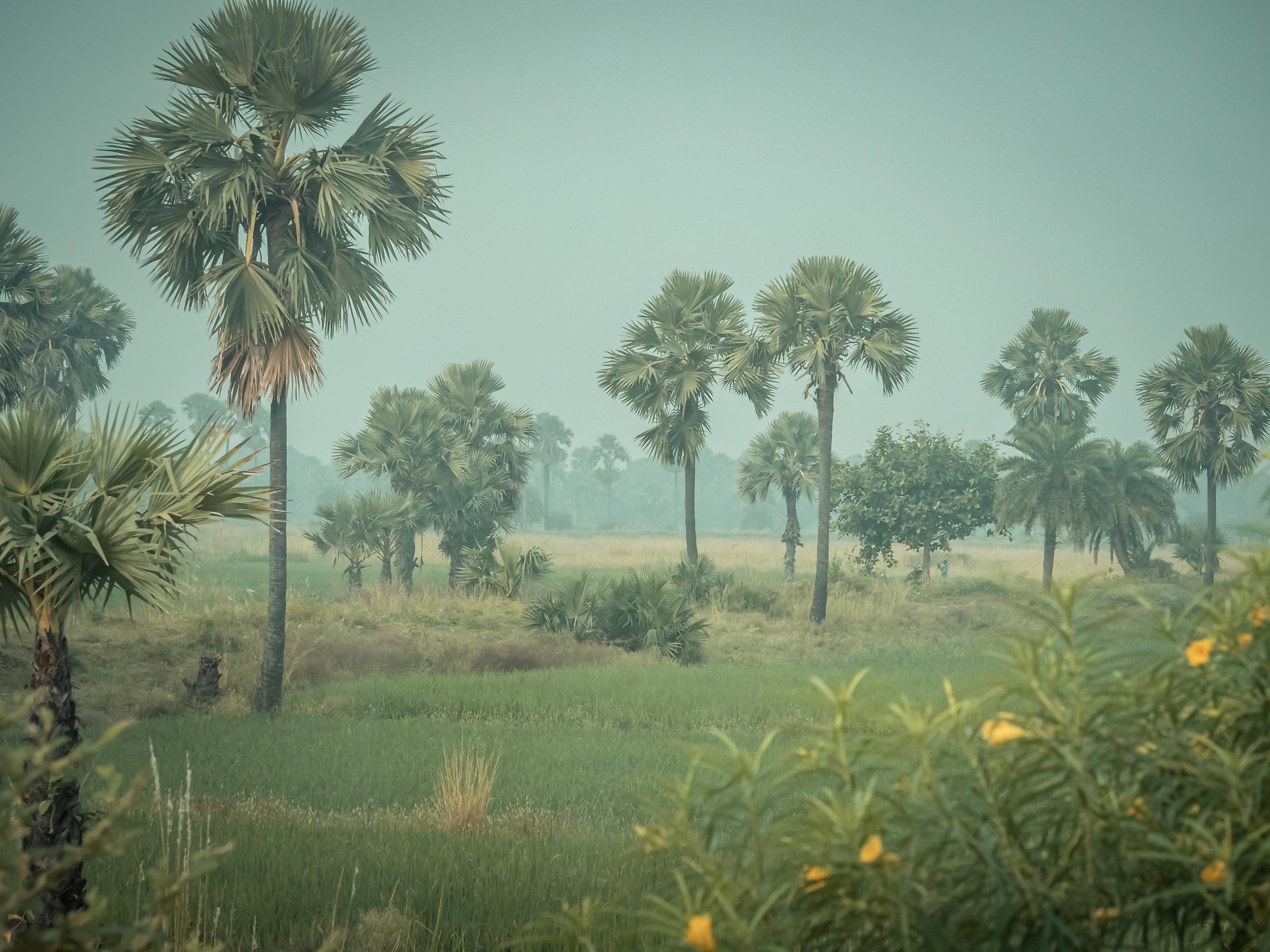

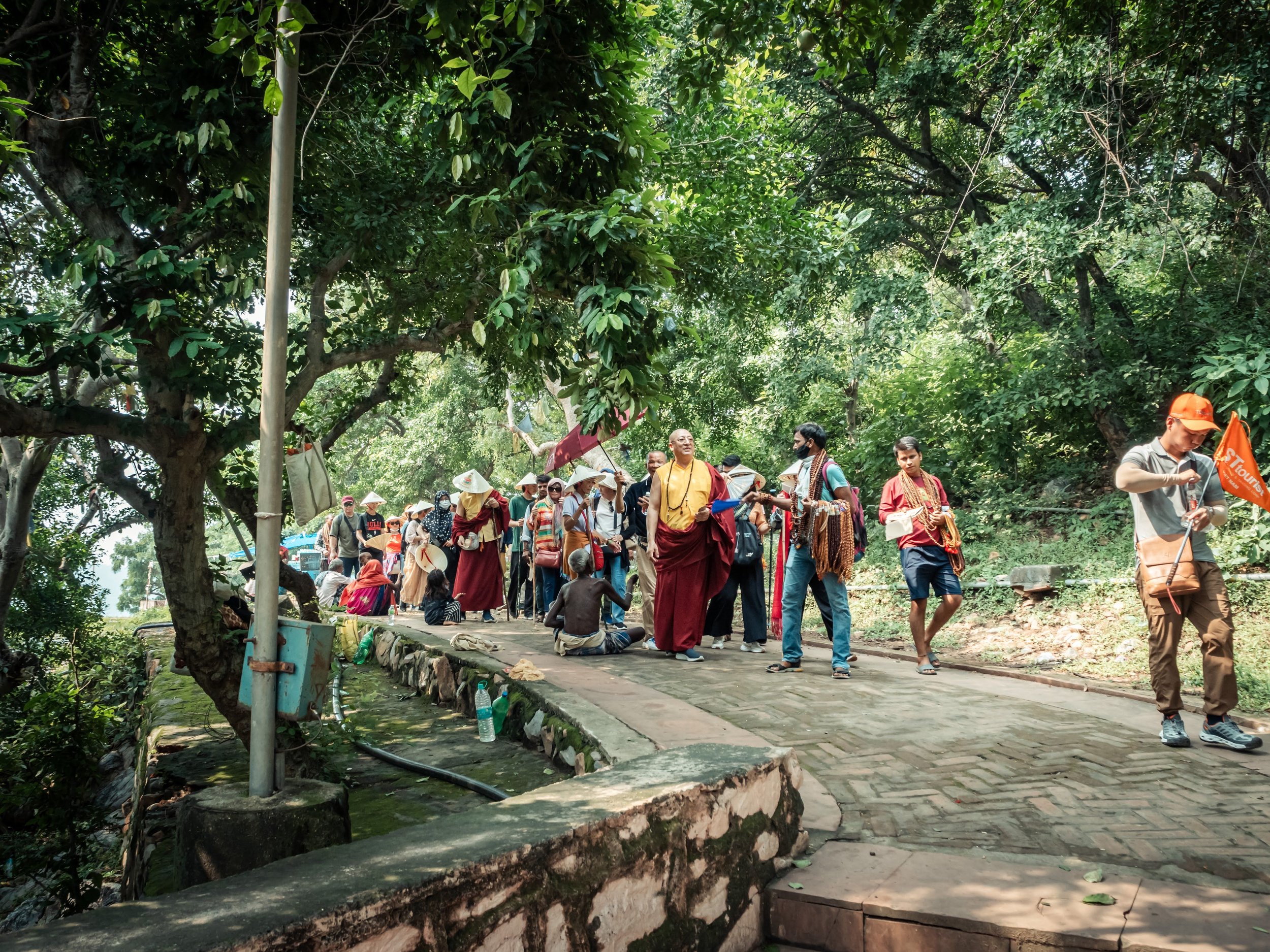
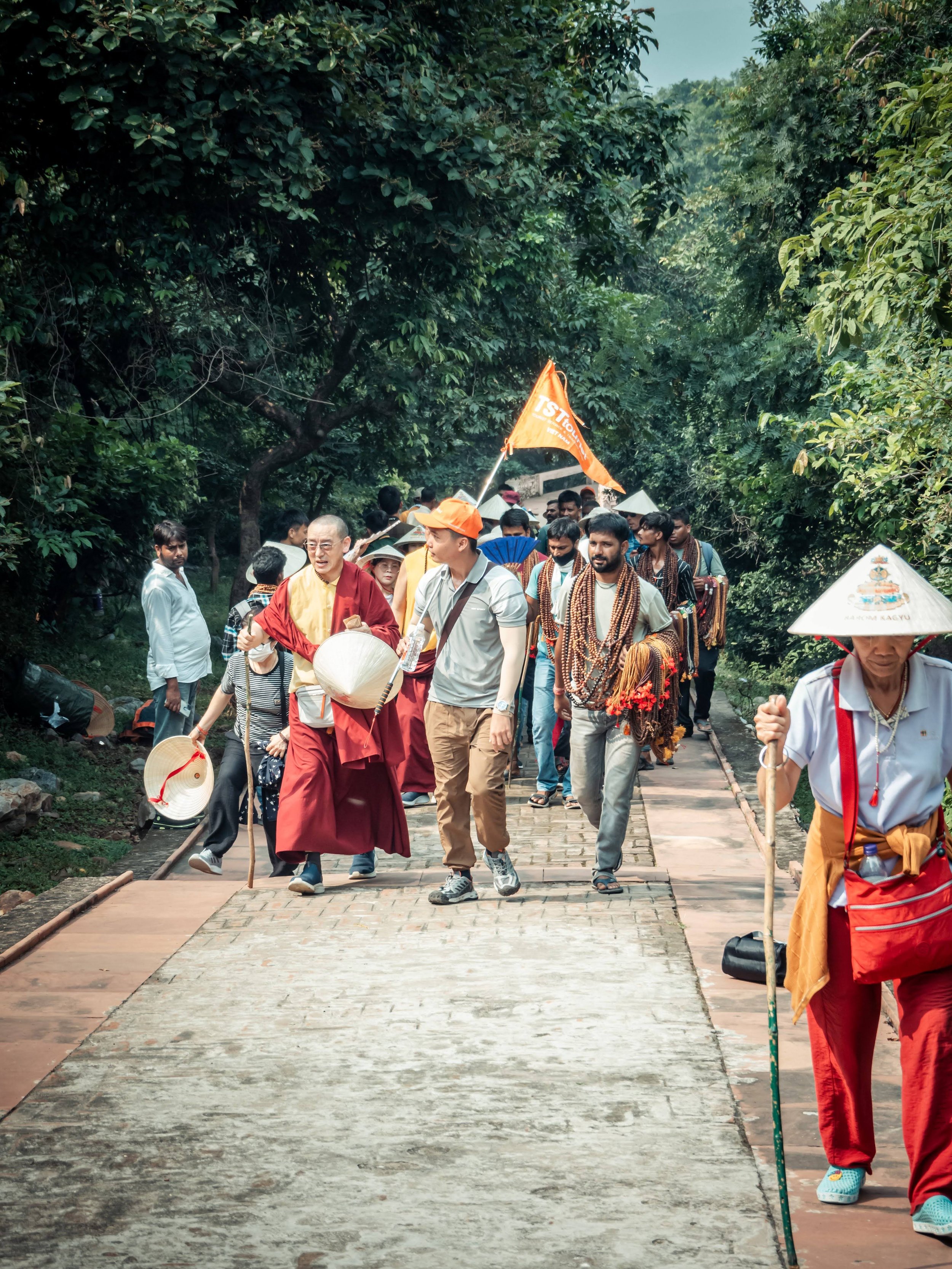
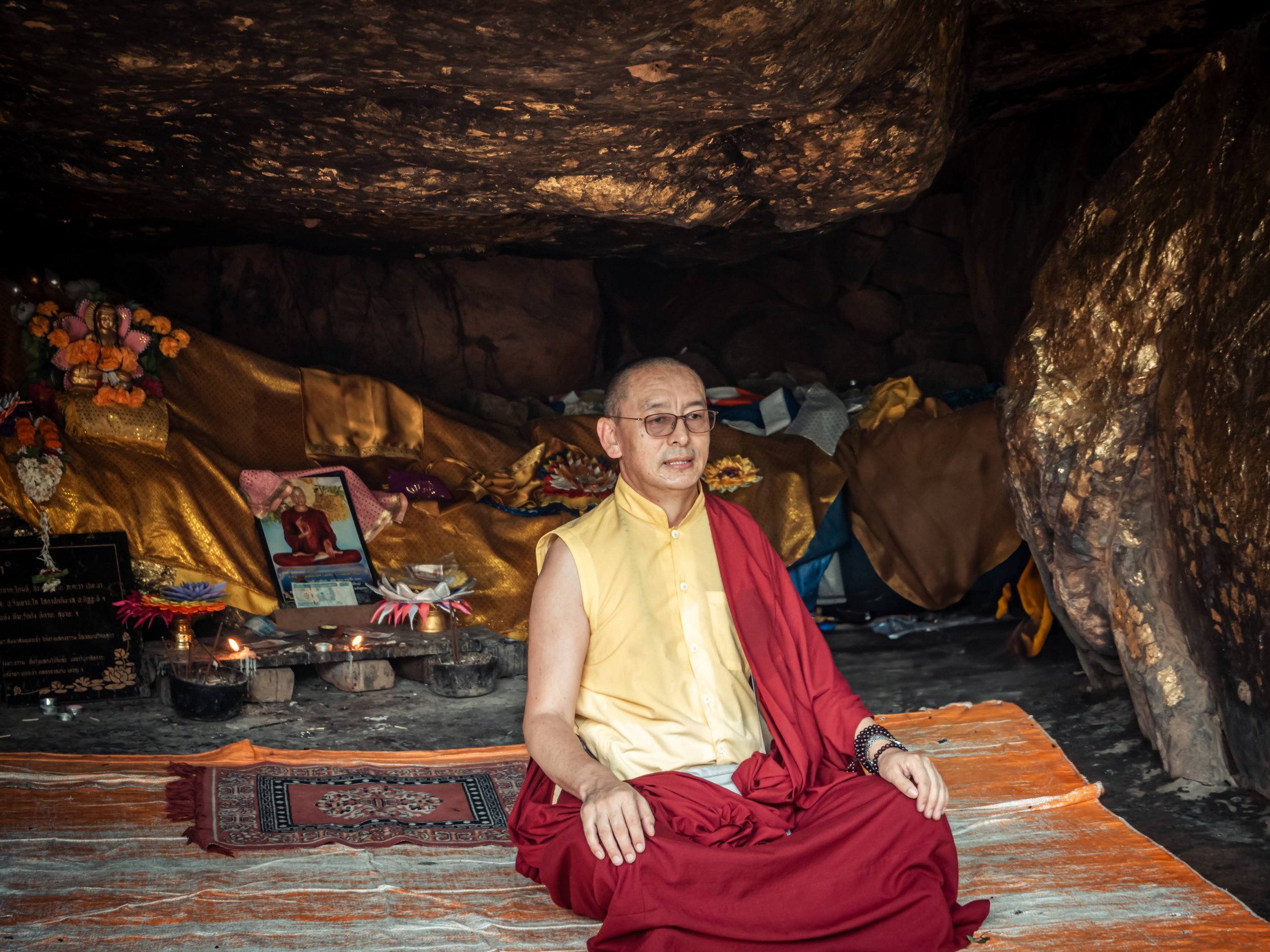
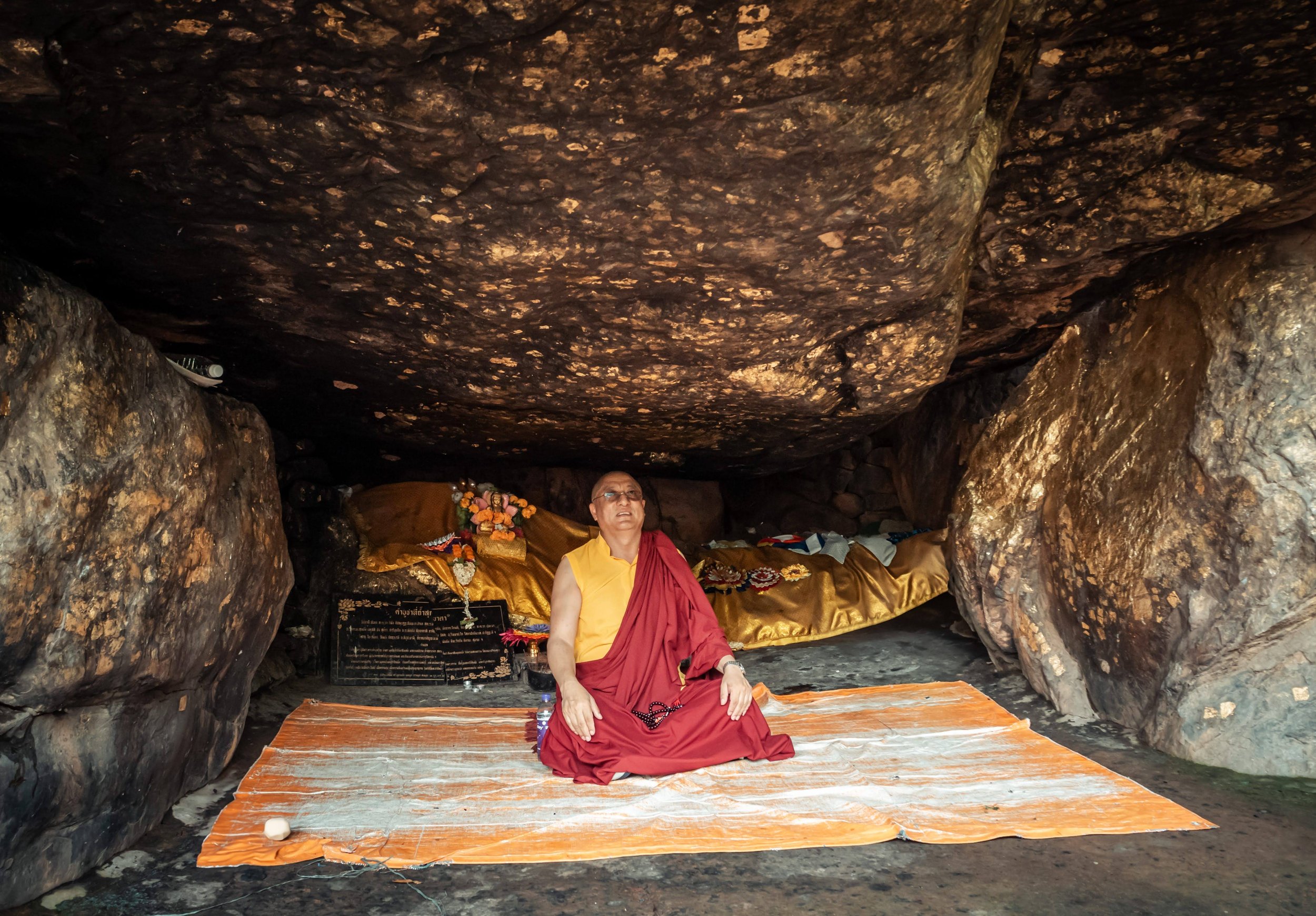
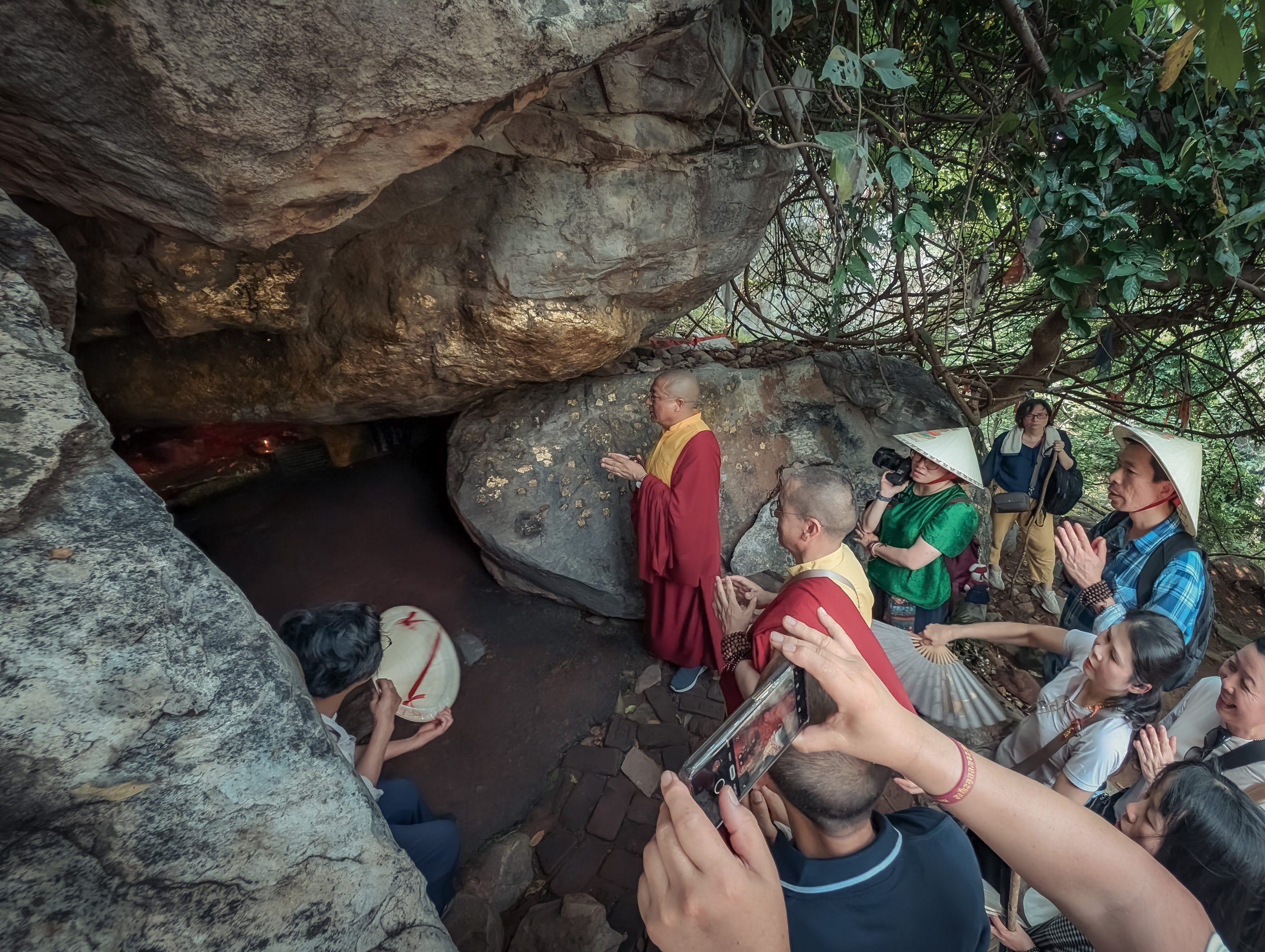
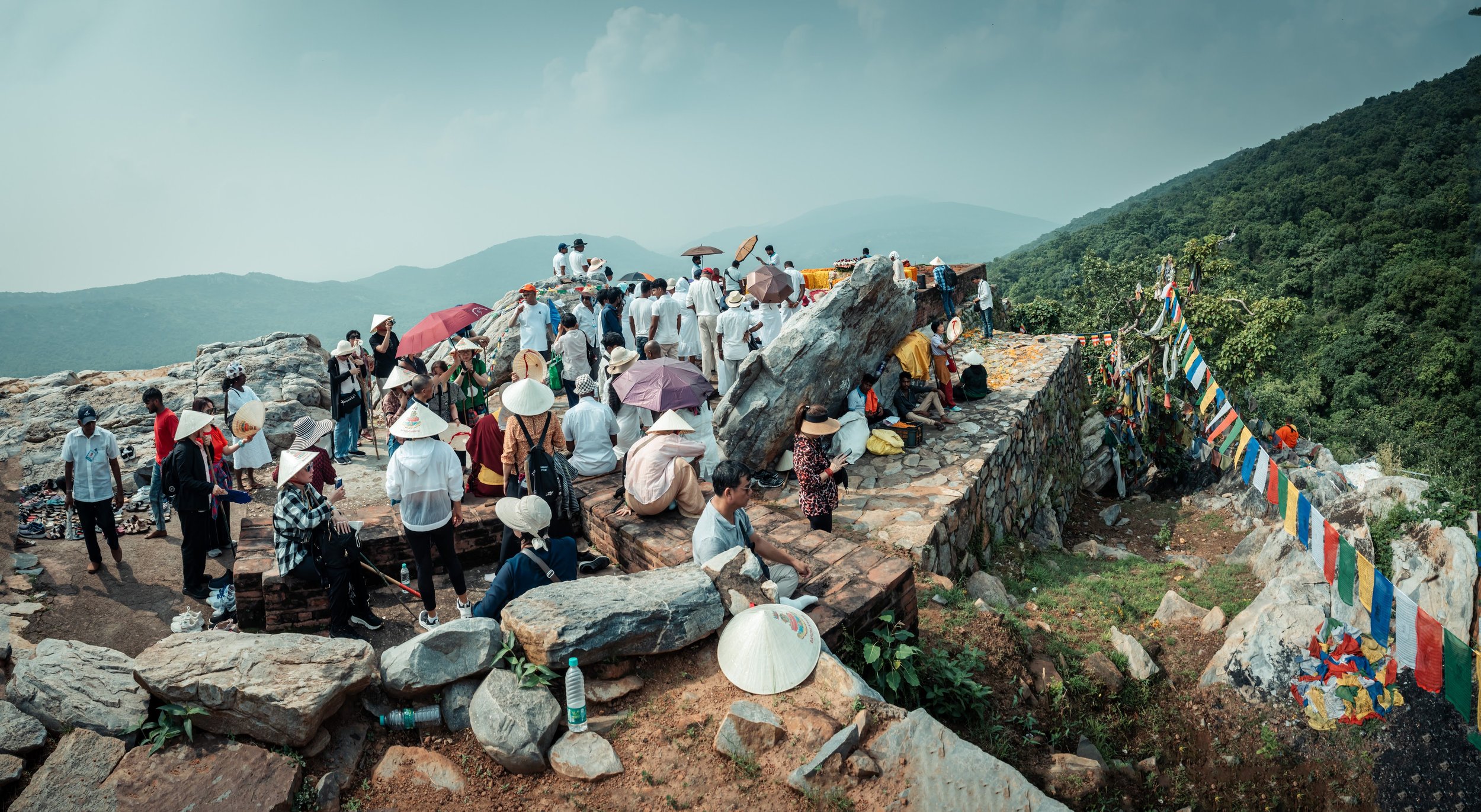
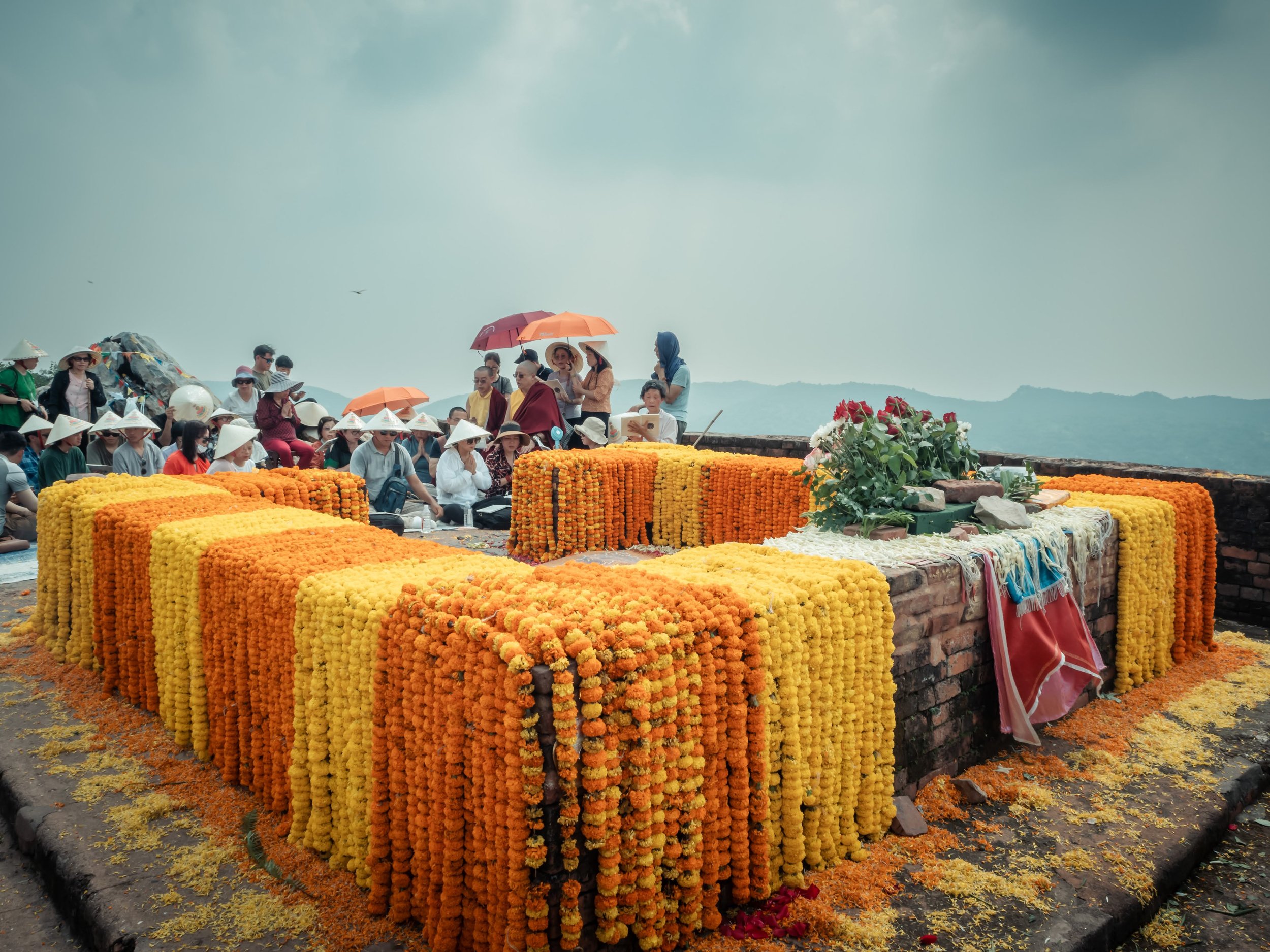

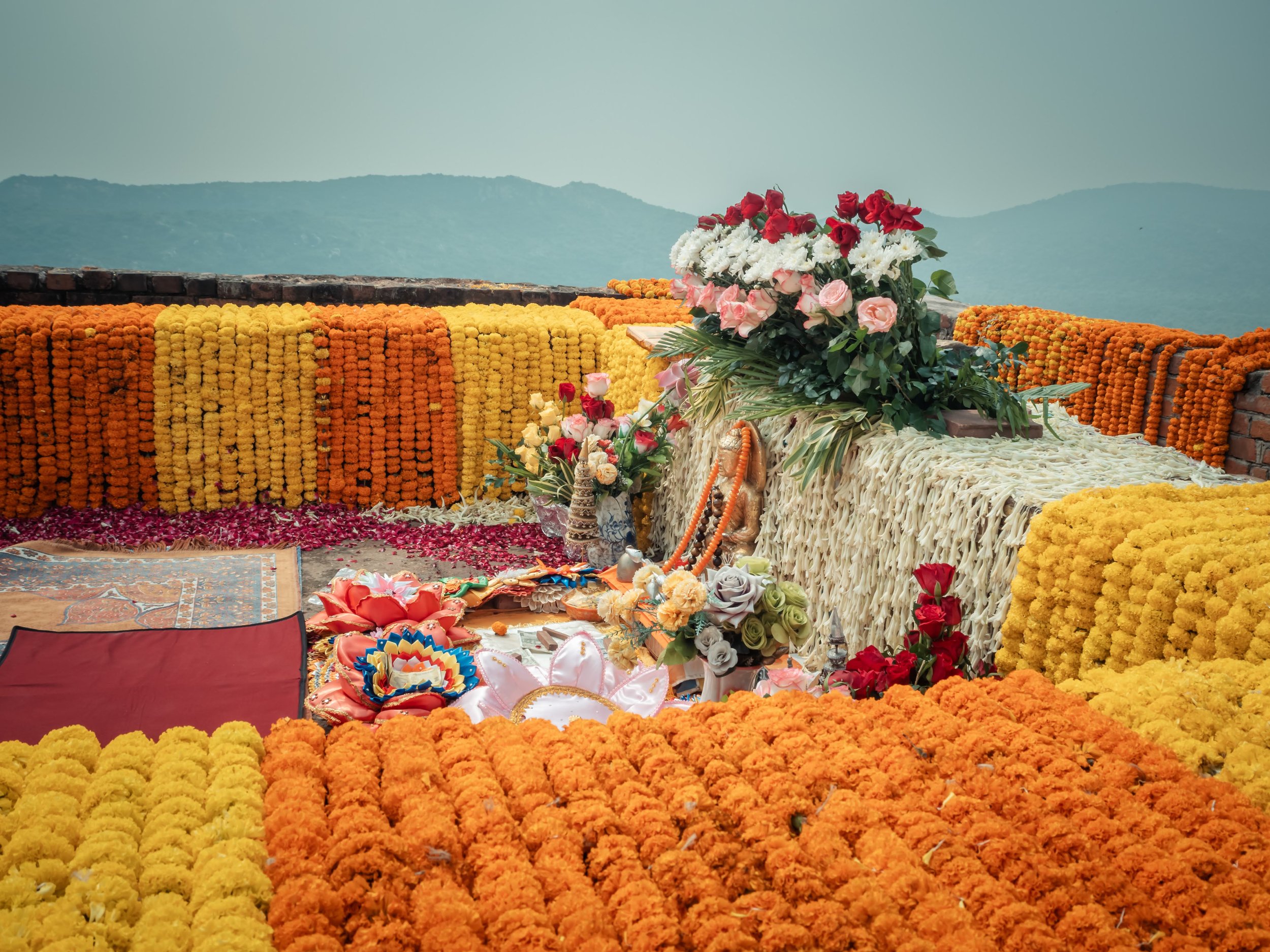
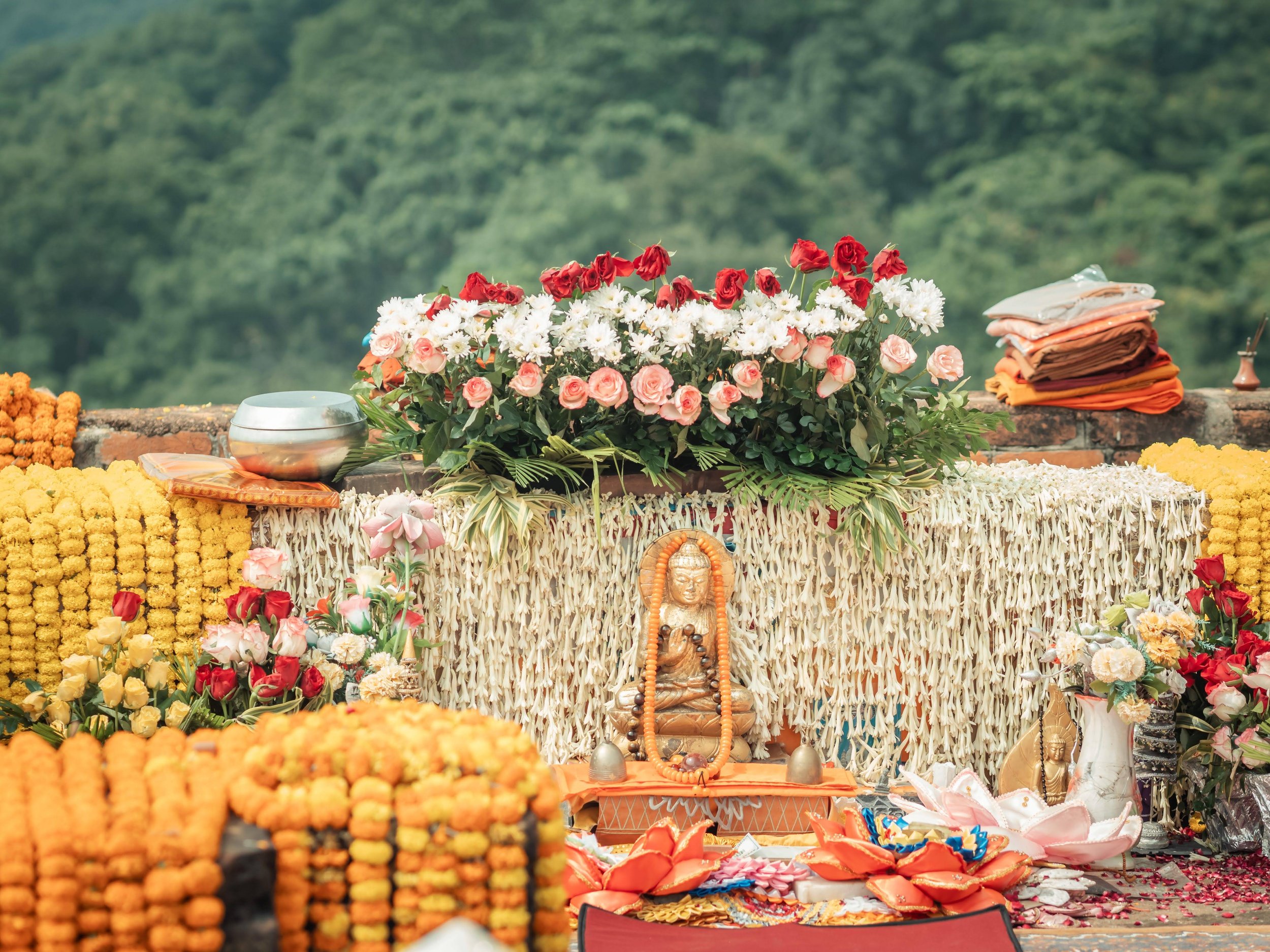
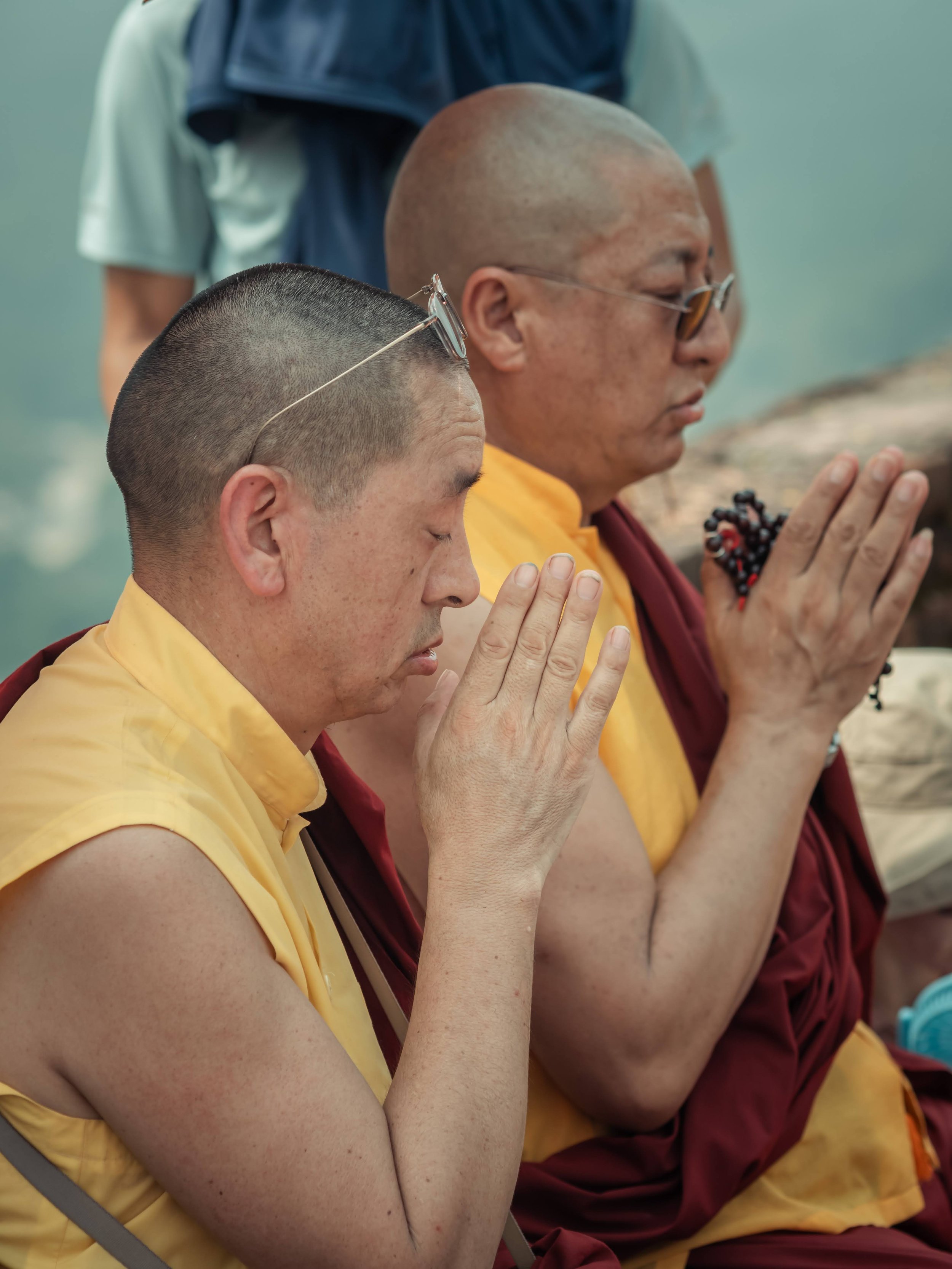
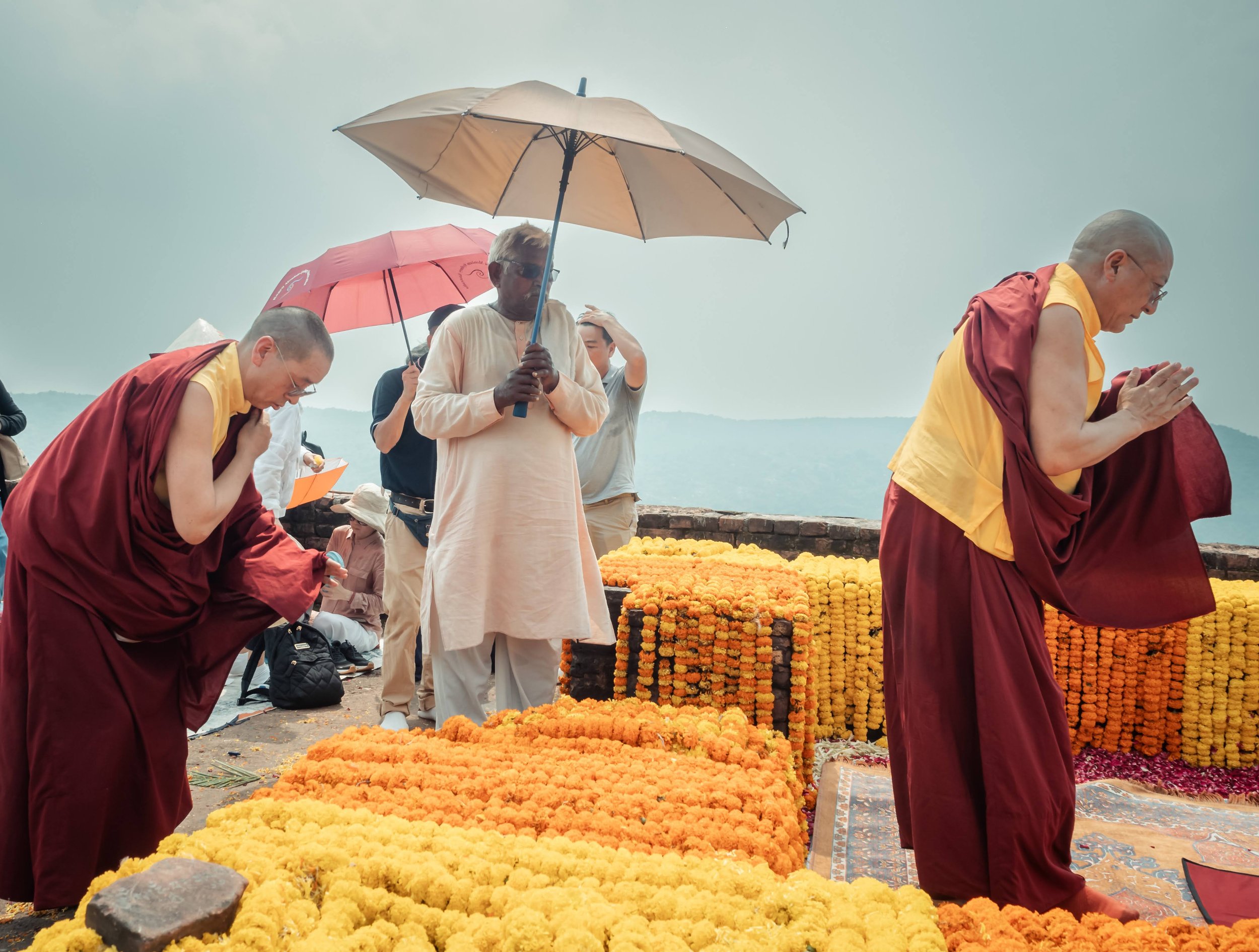
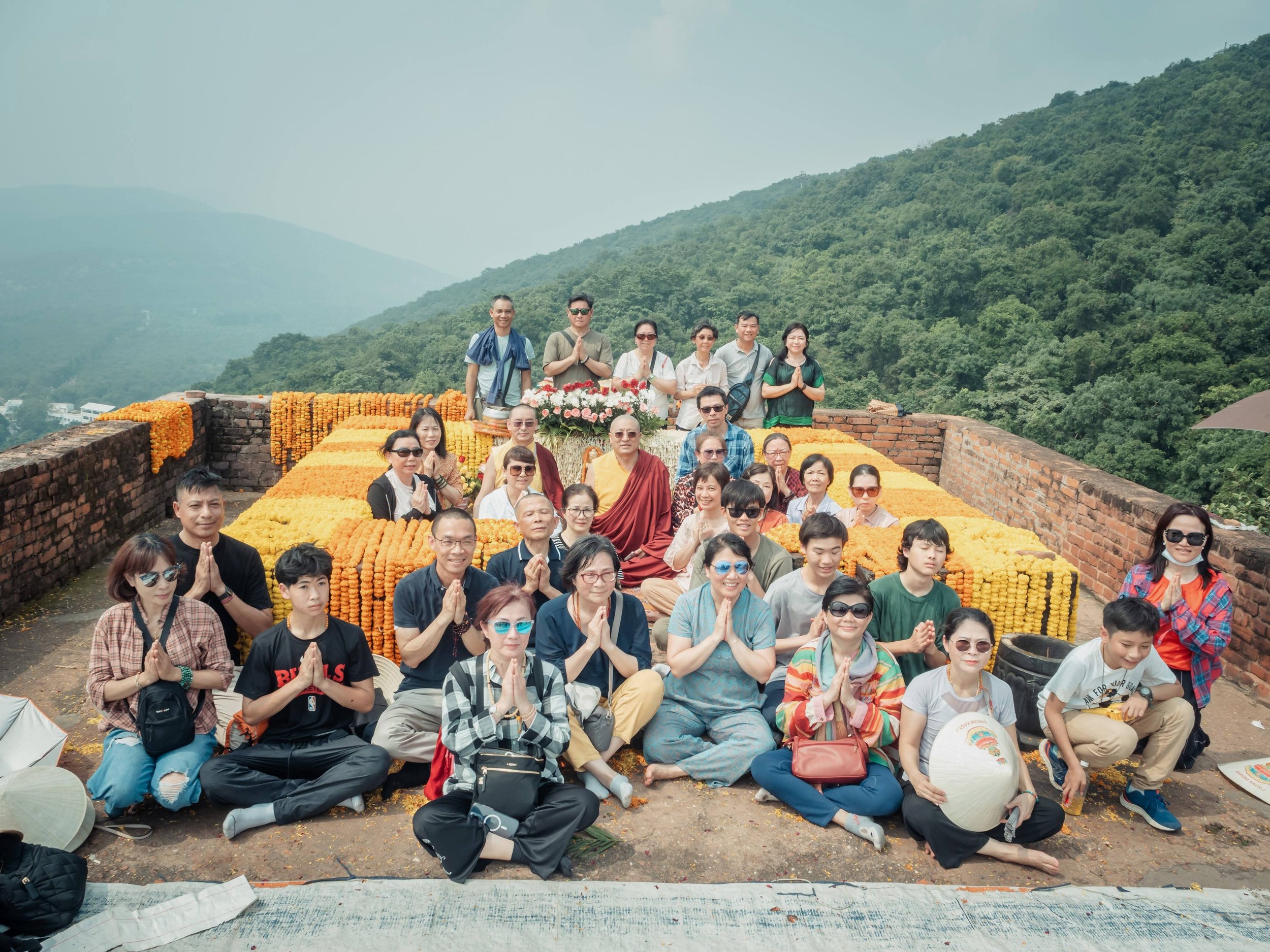
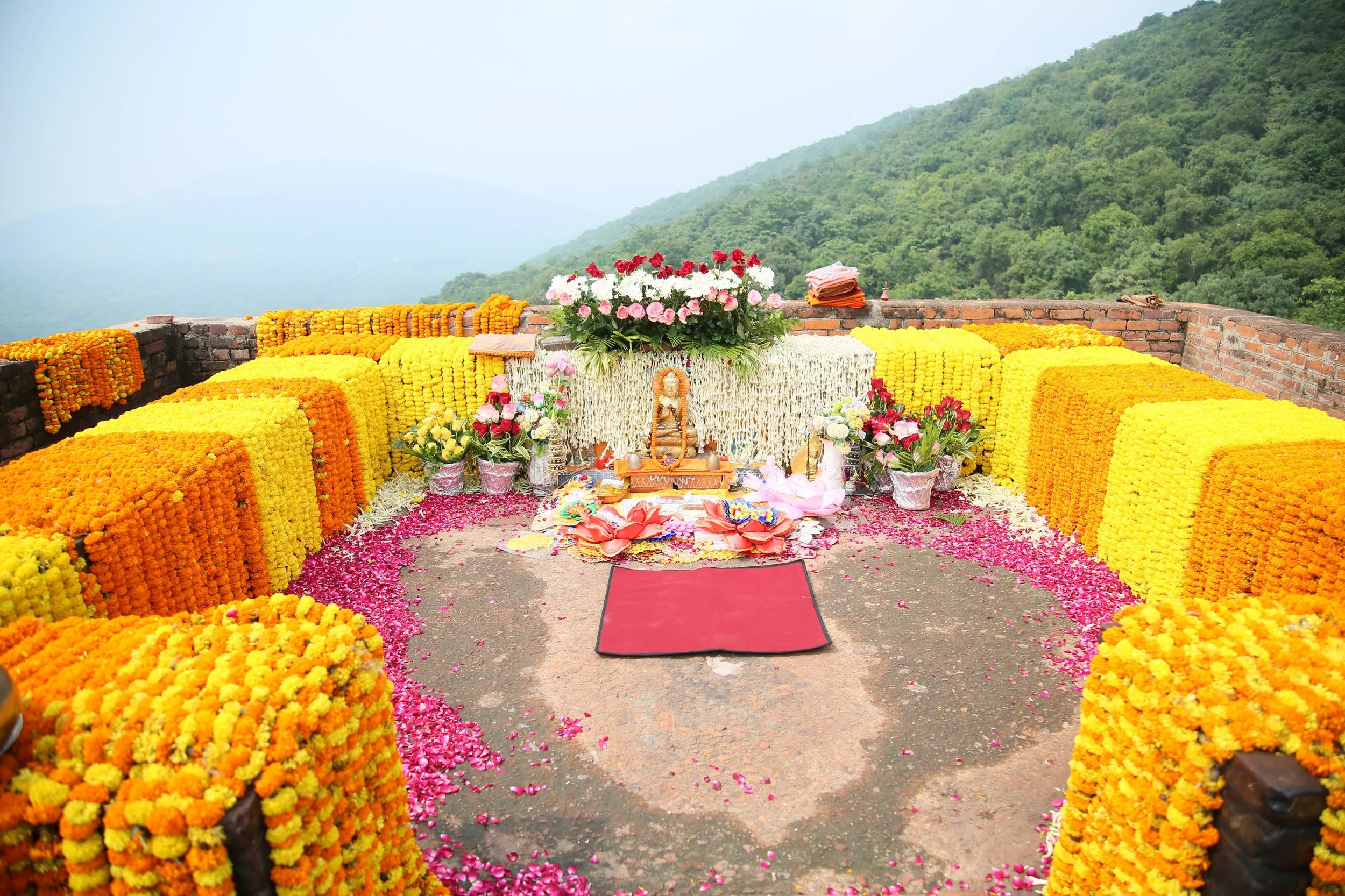
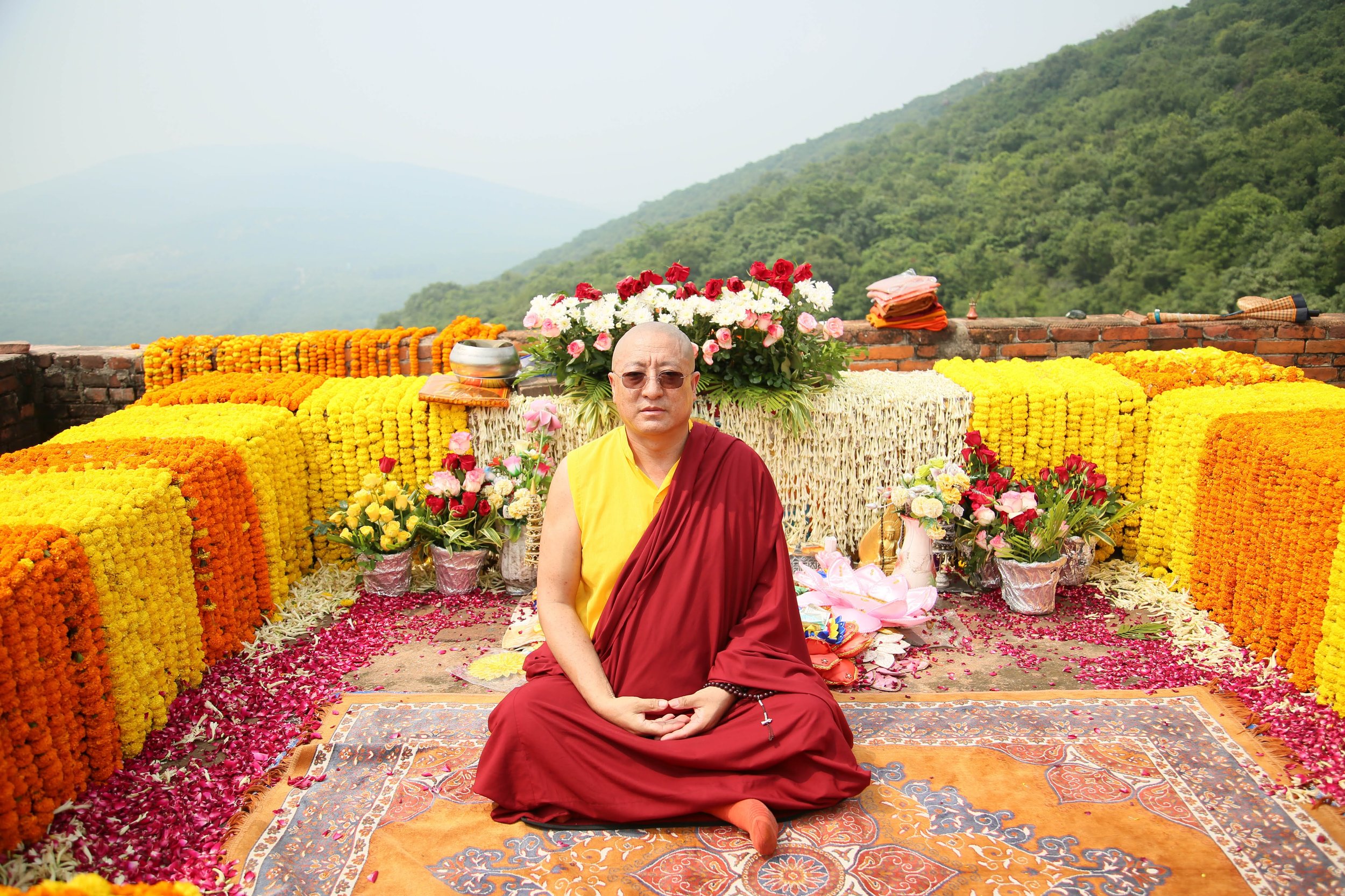
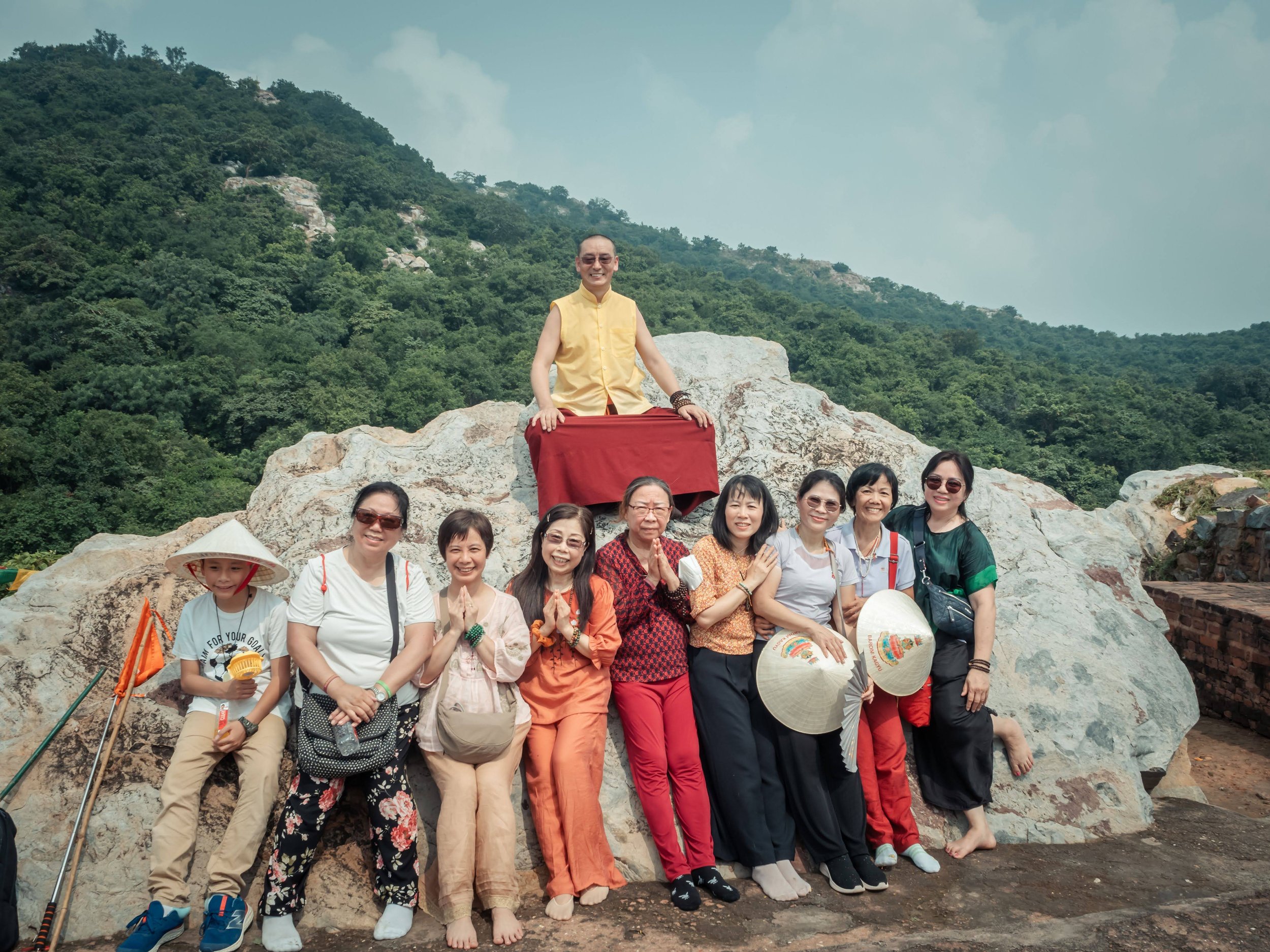

Veluvana
Veluvana or Venuvana was a park near Rājagaha, [Rajgir, Girivraj is a city and notified area in Nalanda district in the Indian state of Bihar, the ancient of Rājagaha (Pāli), Rājagṛha (Sanskrit)], the pleasure garden of king Bimbisāra.
When the Buddha first visited Rājagaha, after his enlightenment, he stayed at the Latthivanuyyāna. King Bimbisāra invited the Buddha to a meal at his palace, after meal, the king asked the Buddha and he wanted to seek a place for the Buddha to live with several issues. In which, that place was not too far and near from the town, suitable for coming and going, easily accessible to all people, not crowed at day, not exposed to noise and clamor at night, clean of the smell of people, hidden from men and well fitted to seclusion.
After thought about it, the king Bimbisāra decided on Veluvana (Bamboo Grove) to give it on the Buddha and his Order. Thus, Veluvana was the first monastery accepted by the Buddha, and the Buddha spent the second, third, and fourth retreat rainy season at Veluvana – A Bamboo grove which was called later as the name Veluvana monastery of the Buddha and his Order.
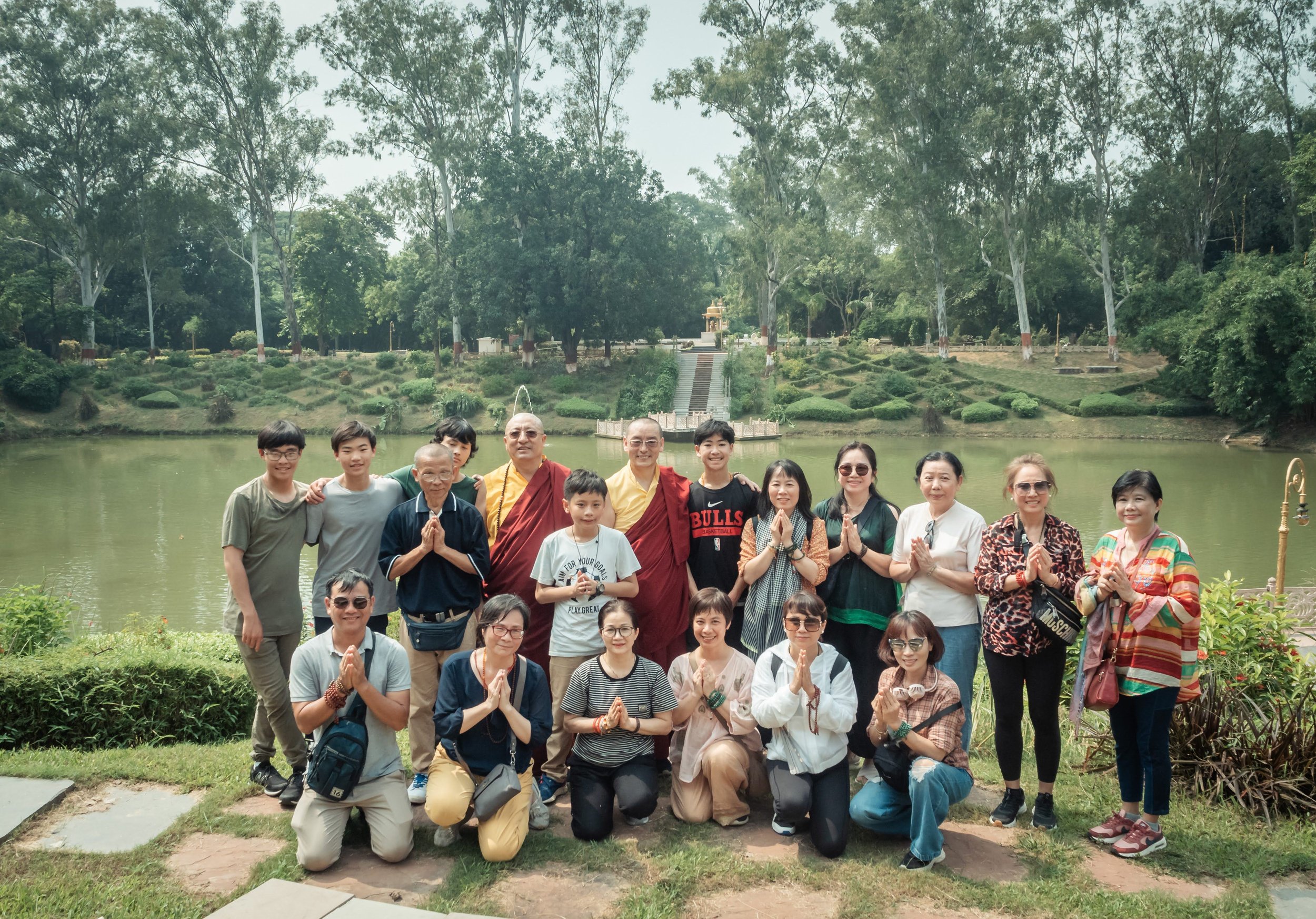
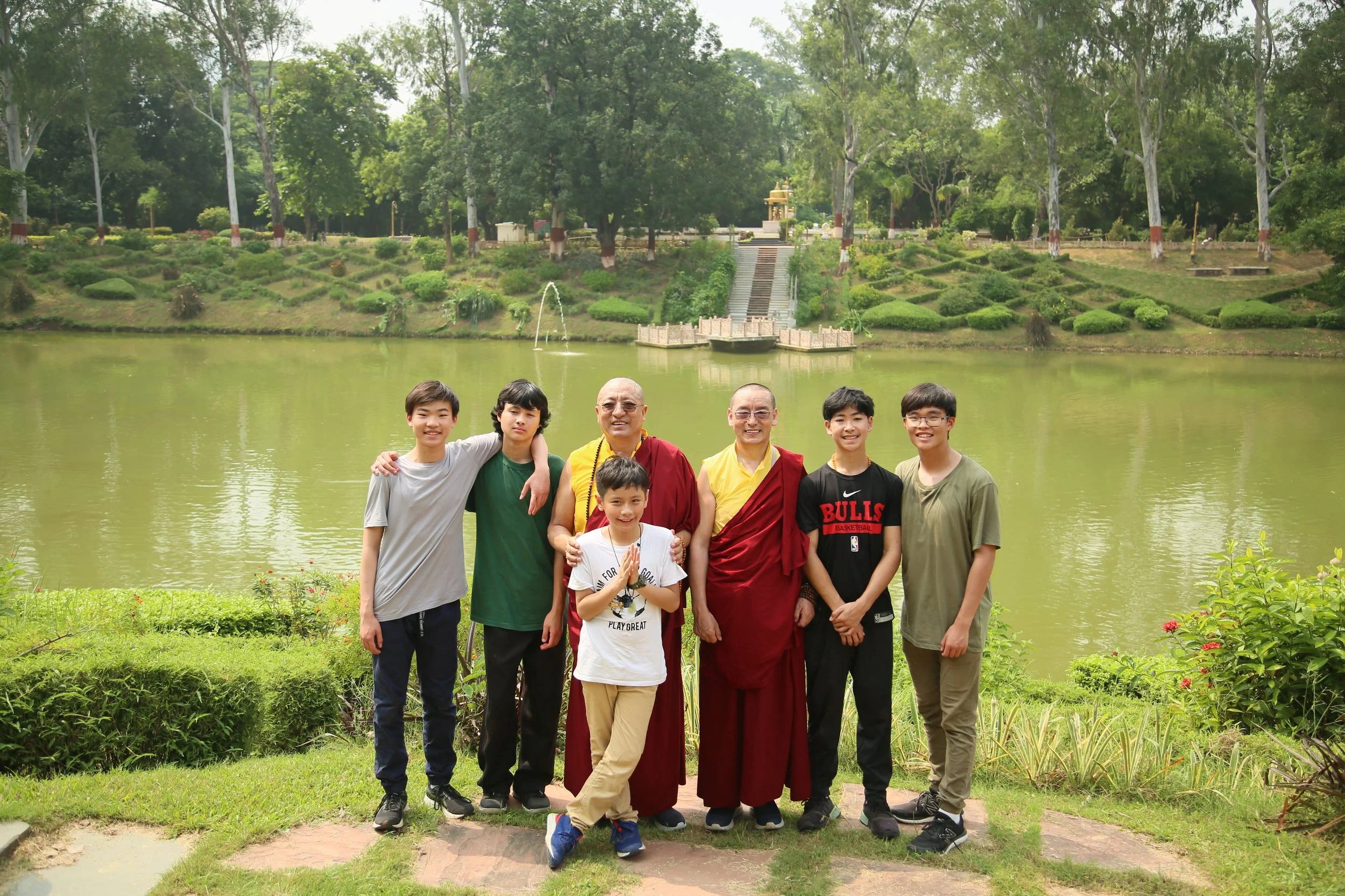
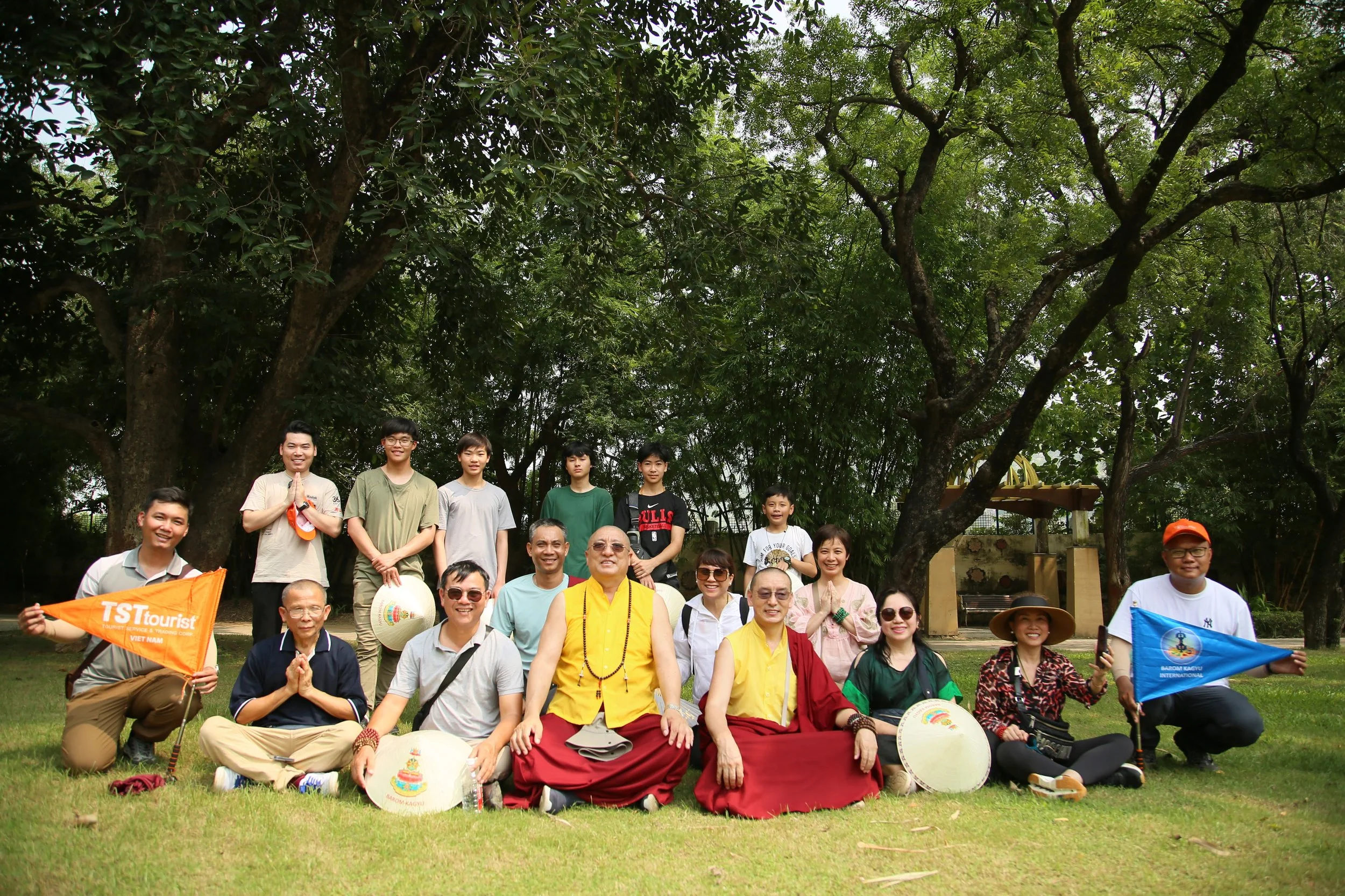

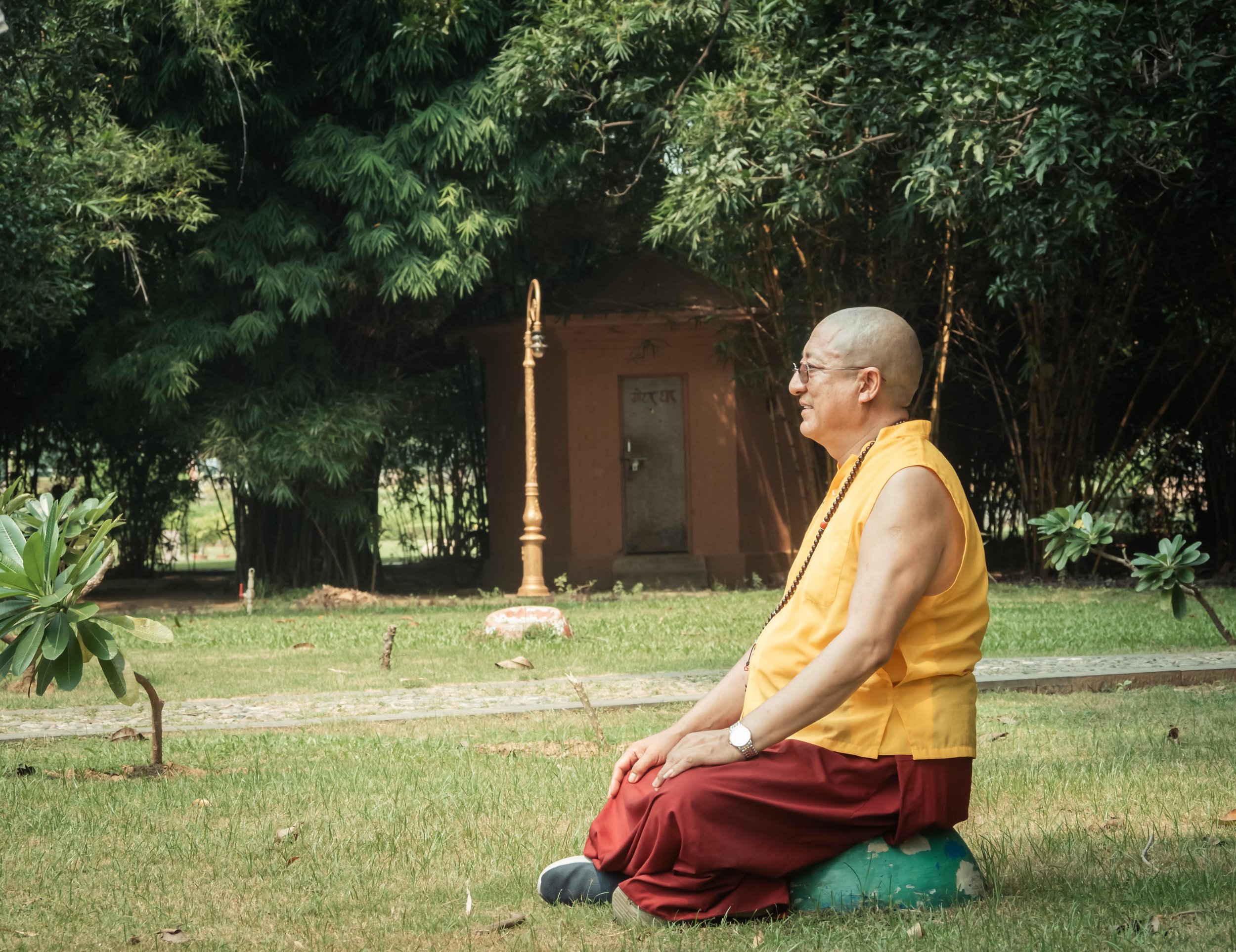
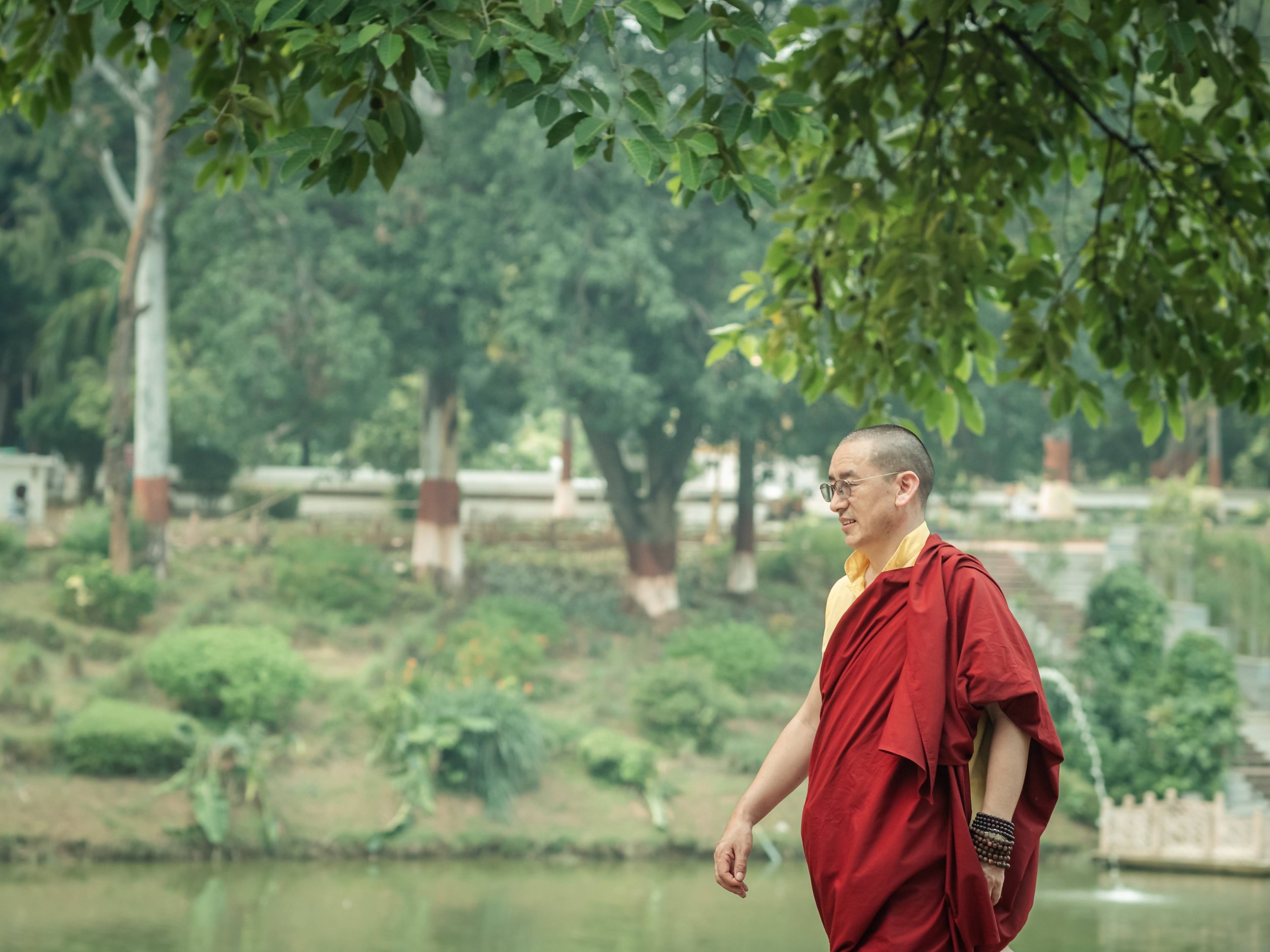
Nalanda University
Was a renowned Buddhist mahavihara (great monastery) in ancient and medieval Magadha (modern-day Bihar), eastern India.
Widely considered to be among the greatest centres of learning in the ancient world, and often referred to as "the world's first residential university", it was located near the city of Rajagriha (now Rajgir), roughly 90 kilometres (56 mi) southeast of Pataliputra (now Patna).
Operating from 427 CE until around 1400 CE, Nalanda played a vital role in promoting the patronage of arts and academics during the 5th and 6th century CE, a period that has since been described as the "Golden Age of India" by scholars.
